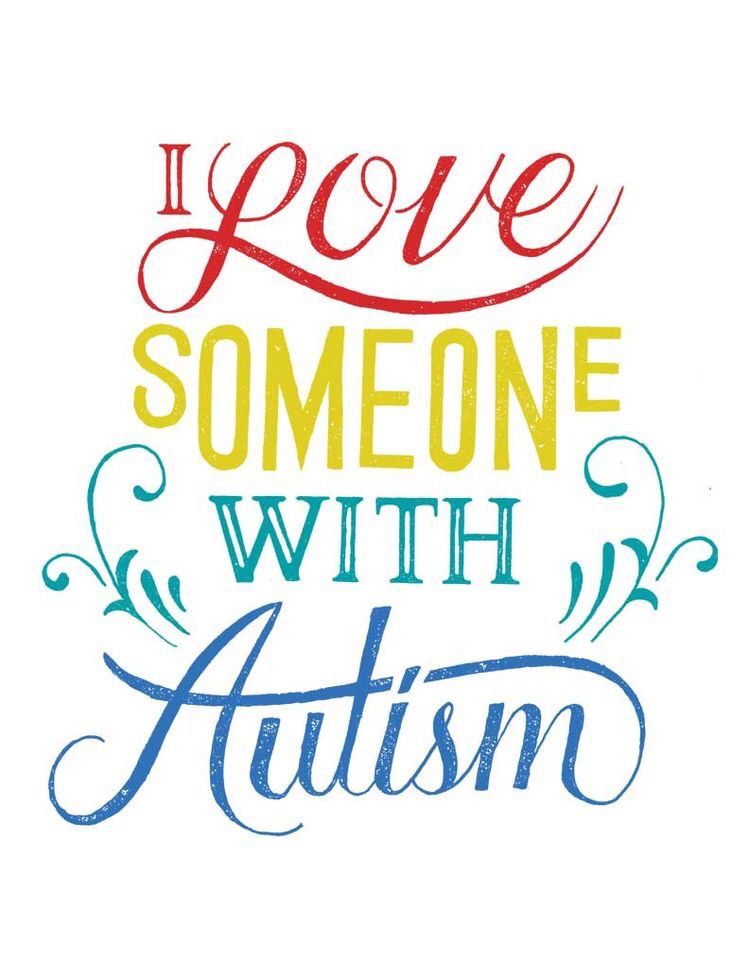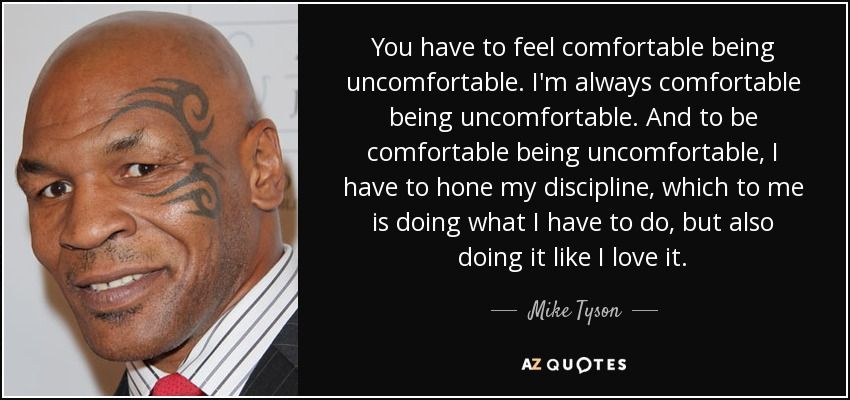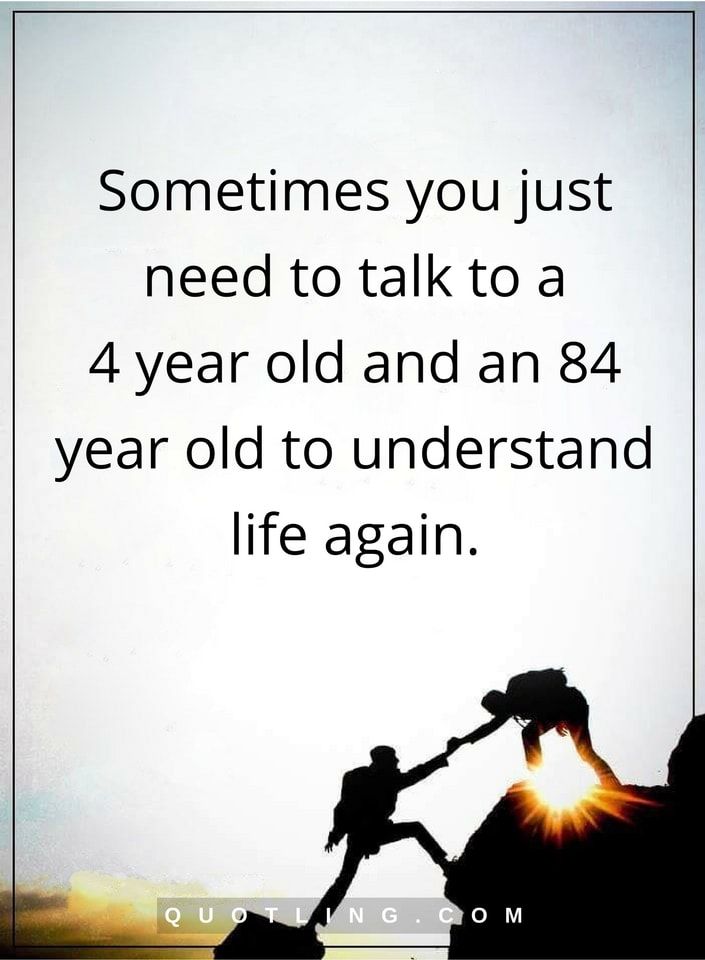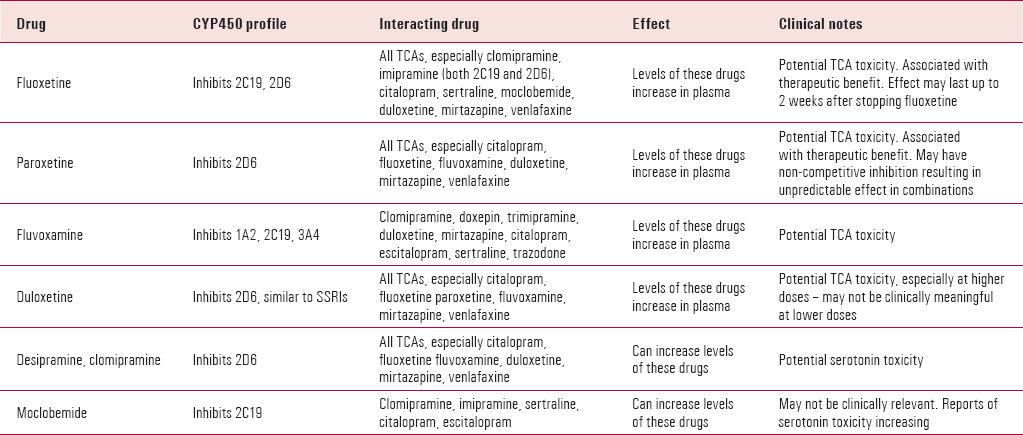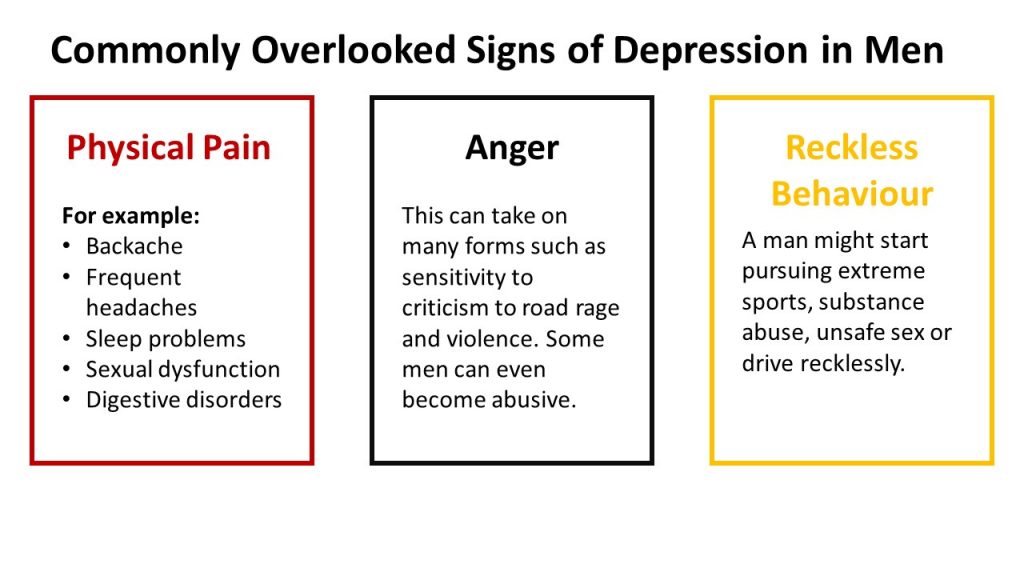Loving someone with autism
Tips for Women in Relationships with Partners on the Autism Spectrum: Articles: Indiana Resource Center for Autism: Indiana University Bloomington
It is a challenge for most couples to find a balance between their needs and expectations, and their partner’s needs and expectations. In a relationship where one individual is on the autism spectrum, there are likely many more opportunities for misunderstandings and frustration. Finding a path to a respectful, loving and fulfilling long lasting relationship is every committed couple’s desire.
In recent years, it has been helpful that there is more information and resources focused on neuro-diverse relationships. More is available for couples and individuals, including more for women, in relationships with men on the autism spectrum.
This article is a brief summary highlighting information gathered from my experience as well as many women who have shared their stories with me over the years. A listing of resources is available at the end of this article to assist you in locating other information related to this subject.
Autism is a neurobiological disorder that affects perception, communication, social skills, learning and behavior. Information processed by the senses can easily overstimulate an individual on the autism spectrum. On the other hand, an individual with autism can also have difficulty processing input from their senses and be under-responsive, unresponsive and/or have a unique response to sensory input.
Communication is frequently processed and interpreted differently for someone on the autism spectrum. Verbal communication is often processed more slowly and words interpreted literally. Persons on the autism spectrum often have trouble staying on topic and maintaining a conversation. Social skills are also affected. Eye contact may be difficult and sometimes facial expressions may not reflect an individual’s true feelings. Social cues are often missed or misread. Individuals on the autism spectrum are not sure how to connect with others. Each person presents differently with his or her challenges. Many on the autism spectrum suffer from anxiety as well.
Each person presents differently with his or her challenges. Many on the autism spectrum suffer from anxiety as well.
Your partner likely has executive function deficits. Executive function tasks include planning, organizing, prioritizing, time management, emotional regulation and impulse control. Inertia, both starting and stopping tasks, can be a challenge for people on the autism spectrum. These executive function deficits may be mistakenly attributed to lack of motivation, and/or behavior or personality problems. Non-spectrum partners are often relied upon to perform many executive function tasks within the relationship.
There is now a variety of books, written about relationships when one partner is on the autism spectrum. There are books written by professionals, as well as those written by women married to men on the autism spectrum. There are also some written by couples together. Some of these books are listed at the end of this article. Reading stories from others can be very validating of your feelings and experiences.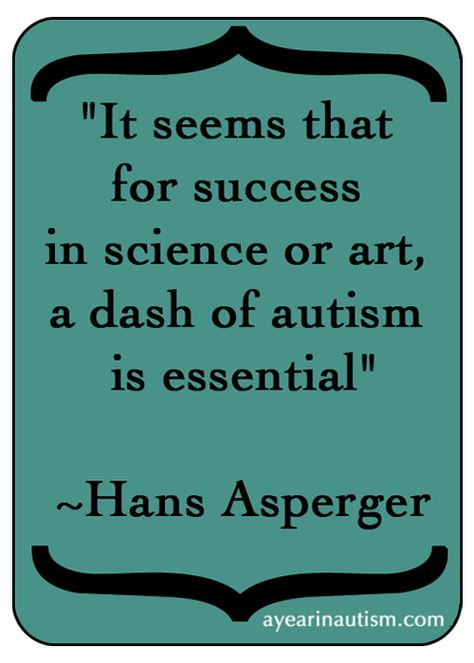 Keep in mind that each relationship is unique. Some of the books are quite negative. Your partner on the autism spectrum will have his own autistic characteristics as well as a unique profile of experiences, personality and possibly other co-occurring diagnoses that are a part of what makes him unique.
Keep in mind that each relationship is unique. Some of the books are quite negative. Your partner on the autism spectrum will have his own autistic characteristics as well as a unique profile of experiences, personality and possibly other co-occurring diagnoses that are a part of what makes him unique.
If this is a new diagnosis, you and/or your partner may be working on accepting the diagnosis. Getting to acceptance may be hard for one or both of you. As you seek to learn more about ASD and how it effects your partner and your relationship, you will likely be grieving the loss of prior expectations.
As you learn more and work on acknowledging the role an autism spectrum disorder plays in your relationship, it will be helpful to seek out knowledgeable professionals and/or join a support group for women partnered with men on the autism spectrum. These resources are available but may be hard to find. It can also be helpful to make a list, of the positive and desirable qualities, which attracted you to your partner. It is important to keep these in mind, especially when going through a challenging time in the relationship.
It is important to keep these in mind, especially when going through a challenging time in the relationship.
It will also be helpful to keep a list of your positive qualities. It can be hard to remember these positive traits about yourself when you are in the middle of very difficult and confusing times. Remembering the positive characteristics of both you and your partner will enhance your self-esteem and help motivate you as you work through your relationship challenges. Over the years, I have appreciated the determination I have seen from both the ASD and non-spectrum partners in pursuing solutions to build a stronger and loving bond.
2. Recognize and Address Sensory Needs (and issues with your partner)Sensory issues very often affect individuals on the autism spectrum. As mentioned before, one or more of the senses may be affected. Senses may be overly sensitive (hypersensitive) and/or under sensitive (hyposensitive). Some people with ASD are hypersensitive to various lighting.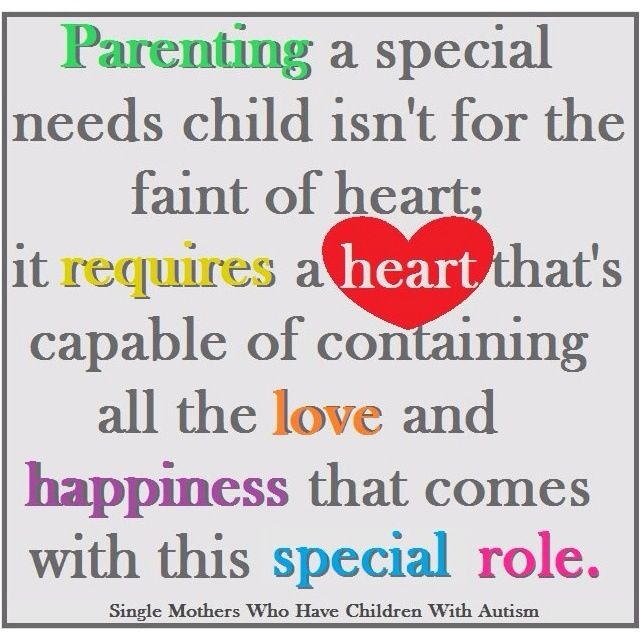 For example, they see the blinking and/or hear the buzzing of fluorescent lighting. For some, headaches are triggered. A person on the autism spectrum may be overly sensitive to various smells and/or sounds in the environment. Light touch may feel like pins yet actual pinpricks may not be felt at all.
For example, they see the blinking and/or hear the buzzing of fluorescent lighting. For some, headaches are triggered. A person on the autism spectrum may be overly sensitive to various smells and/or sounds in the environment. Light touch may feel like pins yet actual pinpricks may not be felt at all.
In some situations, a person on the autism spectrum may appear not to process sensory information from one or more of the familiar five senses of sight, smell, sound, taste and touch. They may seem unaware of what is in plain sight and/or process words as “noise”. These situations can seem very curious. Three other less known sensory systems are also often affected for many on the autism spectrum. There are the vestibular system (balance), the proprioceptive system (muscle/joint movement, coordination, motor planning and sense of your body in space) and the interoceptive system (state of internal body functions). Interoception is often referred to as the eighth sense.
There is some evidence that individuals on the autism spectrum can have both an impaired and an enhanced time perceiving their own bodily functions.![]() This is called atypical interoception or interceptive dysfunction (Shah et. al., 2016). There are accounts of little awareness of needing to use the bathroom, get a drink (due to thirst) and/or eat (due to hunger). Some women report that they need to remind their partner to eat or drink something especially when they are deeply engaged in an activity that takes all their focus.
This is called atypical interoception or interceptive dysfunction (Shah et. al., 2016). There are accounts of little awareness of needing to use the bathroom, get a drink (due to thirst) and/or eat (due to hunger). Some women report that they need to remind their partner to eat or drink something especially when they are deeply engaged in an activity that takes all their focus.
Sensory issues can impact just about all aspects of life from the selection of clothes, foods, bedding and furnishings that are comfortable for both partners to what environments and activities may be enjoyable for both partners. There are situations where heightened sensory processing can be an asset, such as an ability to process visual information quickly and/or in unique ways. Designing, carpentry and engineering are skills that persons on the autism, including your partner, may possess as a result of excellent visual processing skills.
Sensory needs/issues can change over time and even vary from day to day.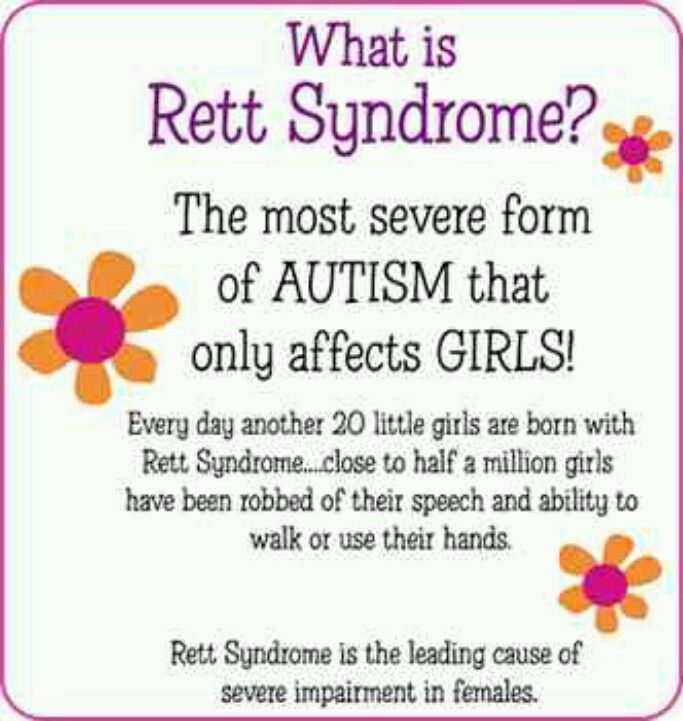 As an adult, your partner has likely learned to either cope with and/or avoid various sensory stimulation in the environment. Some common strategies used to effectively limit environmental sensory overload include tinted glasses, earplugs and hats or specific clothing choices. Some individuals enjoy keeping small “fidgets” which can be calming and help counter the sensory overload.
As an adult, your partner has likely learned to either cope with and/or avoid various sensory stimulation in the environment. Some common strategies used to effectively limit environmental sensory overload include tinted glasses, earplugs and hats or specific clothing choices. Some individuals enjoy keeping small “fidgets” which can be calming and help counter the sensory overload.
At home, sleeping in total darkness and using a weighted blanket can be helpful for some. At home, hopefully, it is easier to adjust lighting and control or mask sounds and smells in the environment. Sometimes working with an occupational therapist who is trained in sensory integration can be beneficial.
Sensory issues can also affect intimacy. If there are sensory issues in the bedroom, they can be addressed with better understanding, patience and developing strategies to accommodate the needs of both partners. You and your partner can discuss various sensory differences and consider specific adjustments that will be successful.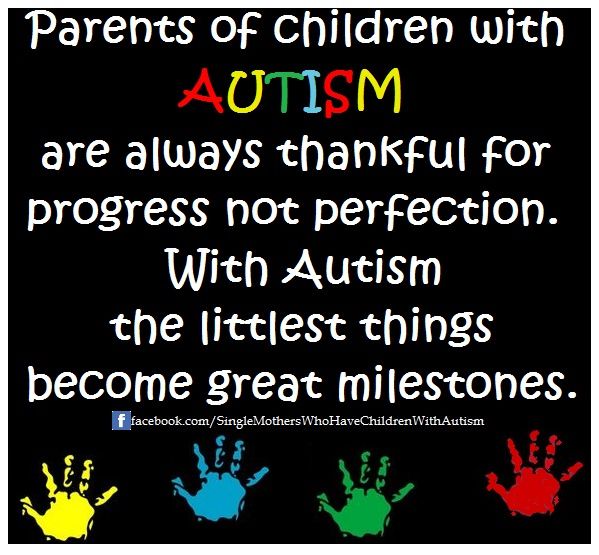
In situations where a person on the autism spectrum is stressed, s/he can more easily experience sensory overload and, as a result, shut down or possibly experience a “meltdown”. A self-aware adult on the autism spectrum can usually recognize early warning signs and develop strategies to exit and calm down. Both partners who are aware of this can work together, so that both are accommodated. Many couples develop signals to communicate if the ASD partner is becoming overstimulated and needs a break. A break can take various forms that can be discussed in advance. If need be, this might mean taking two cars to an event so the ASD partner can exit the event and the non-ASD partner does not have to leave.
3. Learn and Use Communication Strategies (that work best for you and your partner)Optimum communication is important in all relationships. Social communication, by definition in the DSM-5 (APA, 2013), is a deficit for a person with ASD. Non-verbal communication, such as interpreting facial expressions, gestures and vocal intonation is often extremely difficult.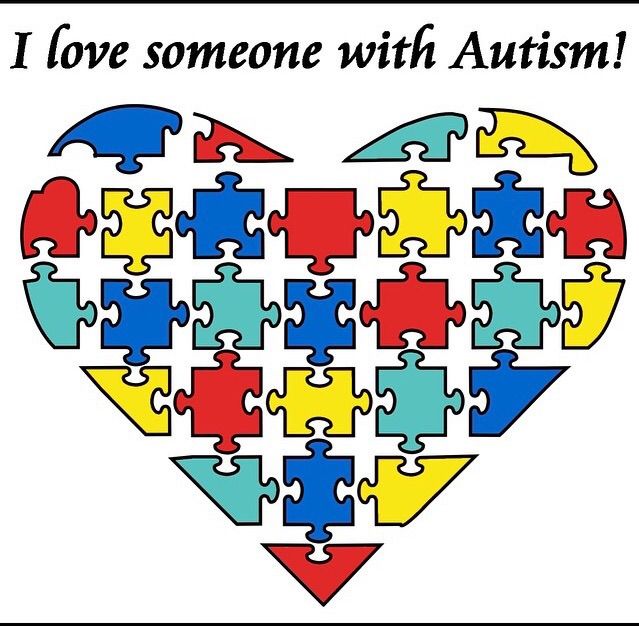 Verbal communication can be difficult for people with autism to initiate. These difficulties are due to a difference in neurology and not a lack of motivation.
Verbal communication can be difficult for people with autism to initiate. These difficulties are due to a difference in neurology and not a lack of motivation.
It is helpful to your partner if your communication is clear, calm and predictable. The person with ASD will usually want to meet their partner’s needs once s/he understands how to meet those needs. Explicitly communicating your social, emotional, mental, physical, including sexual needs, is important. Together, partners should discuss information about behavioral expectations. Think in terms of explanation instead of correction. Tell your partner your expectations and have him tell you his expectations.
Often you will need to provide very explicit and concrete instructions that your partner can follow. For example, if you need your partner to help with a chore such as doing laundry, give step-by-step directions on what, when and how the clothes need to be washed. If your partner cannot figure out what to wash, perhaps having a system of preparing laundry baskets is needed.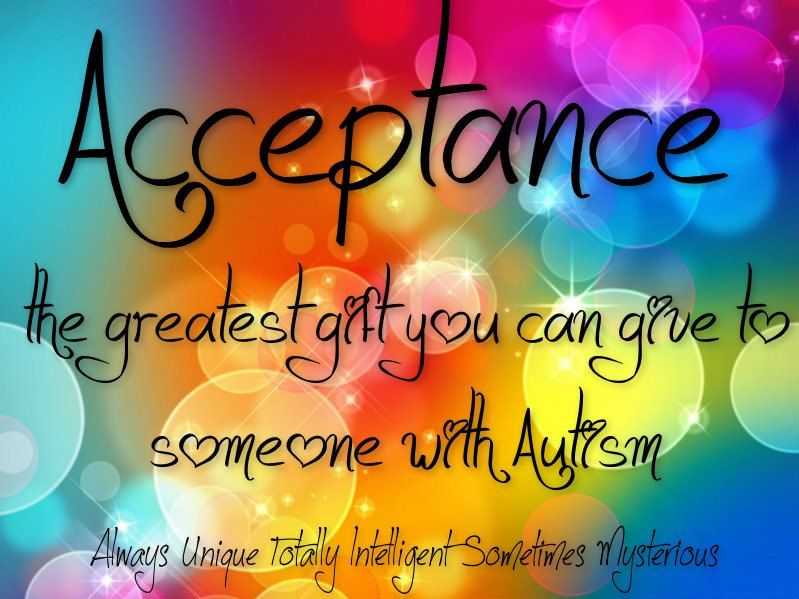 For example, circular baskets can be used for dirty laundry and square baskets for clean laundry.
For example, circular baskets can be used for dirty laundry and square baskets for clean laundry.
You may need to give your partner with autism explicit information and practice on how to give hugs. This may seem as though your partner does not want to be affectionate with you, but remember not to judge his actions and needs through your non-spectrum lens. Any areas of need are important to address in detail. Communicating very literally and concretely will be important for many aspects of life. Some couples find that texting, emails and/or information written out on paper, sticky notes, calendars or wipe-off boards is very advantageous.
Consider scheduling a time each day to both sit and communicate. Sitting side by side might work best for communication. People with ASD almost universally say it is difficult to process verbal information while maintaining eye contact. This would be especially true when discussing each other’s needs. This time together can go a long way to making life more satisfying and keeping your bond as a couple strong.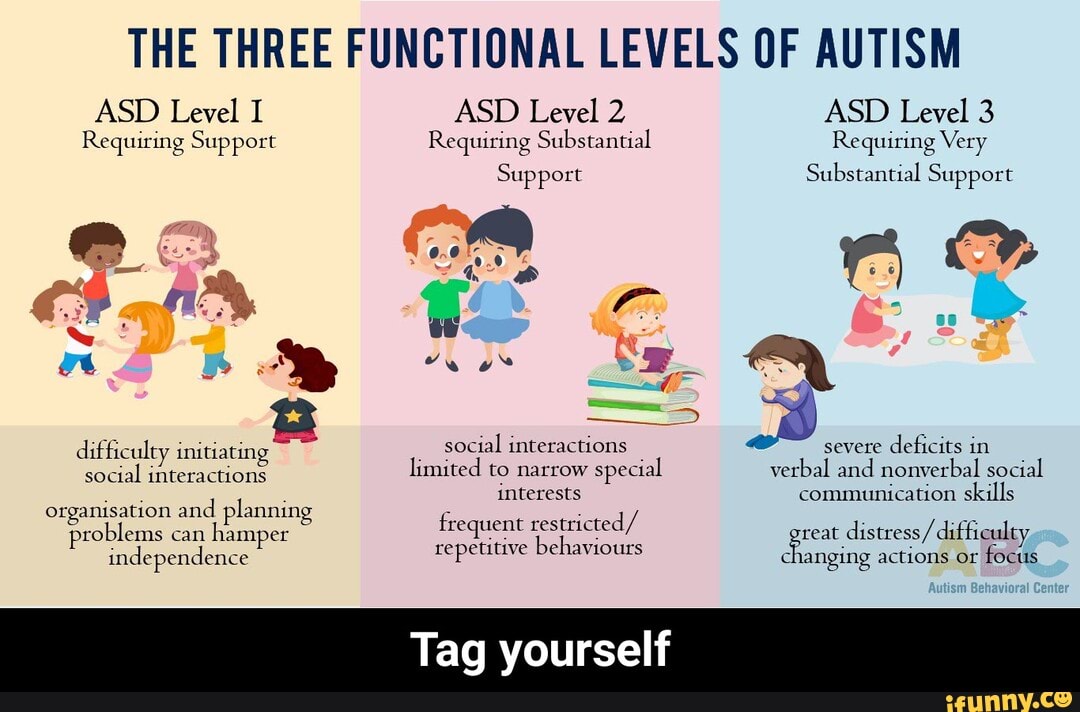
Again, consider using visual information (notes, email, a white board, even examples from books or other visual media) to convey or supplement verbal messages. Be creative. Visual information is much easier for most individuals on the autism spectrum to process, and it can be used as a permanent resource when anxiety, sensory overload or executive functioning skills are causing challenges for our partners on the autism spectrum.
Realize you might not understand your partner’s perspective. Seek to clarify. Recognize your partner may have a hard time asking (initiating) for clarification and/or even knowing that clarification is needed. Non-spectrum partners cannot interpret ASD behavior through their non-spectrum filter and assume that they understand the meaning of a particular behavior of their ASD partner. Likewise, the partner on the autism spectrum may have a hard time understanding their own needs. Each partner should identify their needs and tell their partner. It may not seem genuine if you have to tell your partner every step to meet your needs.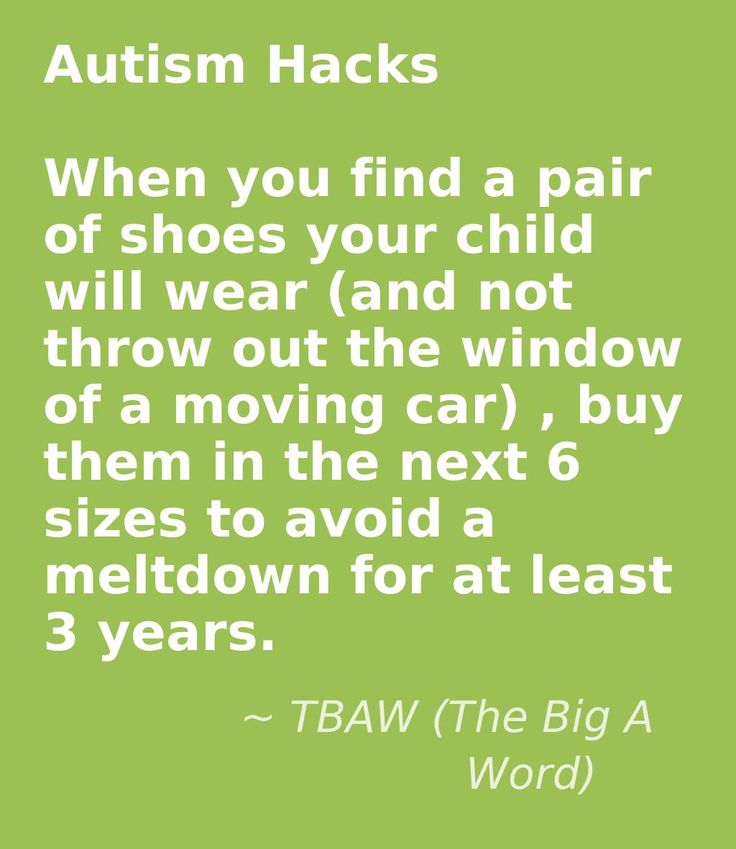 Though it can be hard at first, do not think of it as meaning your partner does not care. Think of it as an important step to better appreciate, trust and respect each other.
Though it can be hard at first, do not think of it as meaning your partner does not care. Think of it as an important step to better appreciate, trust and respect each other.
You and your partner likely have different ways of alleviating stress. Everyone is different and has different ways to relax. Being a neuro-diverse couple, there may be more differences you will experience that will, at first, challenge you both. It is important that you both learn your personal ways of de-stressing and express these needs to each other. Partners must also respect each other’s needs and means to get rid of tension and anxiety. At times, this will mean separate and/or “parallel” activities. The partner, on the autism spectrum, may need much time to themselves and/or “extra” time to pursue their special interests.
Transitioning from work to home may be stressful for your partner on the autism spectrum. An “alone break” immediately upon arriving home is often described as “critical” by men on the autism spectrum.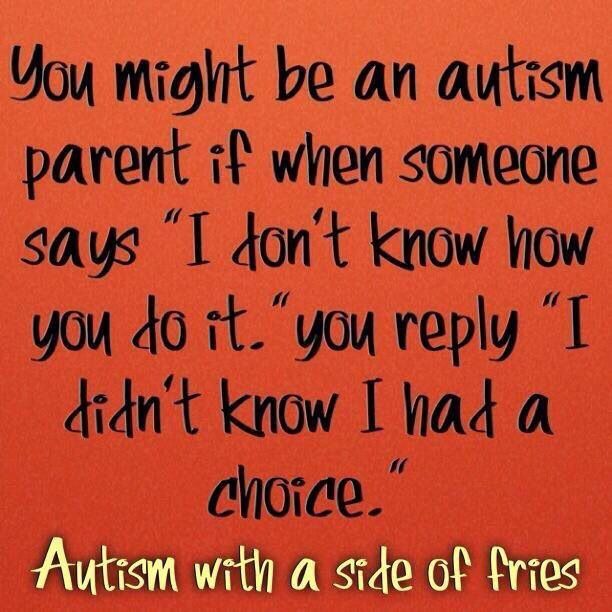 Without understanding and then planning for this important transition break, a roadblock in the relationship can take place.
Without understanding and then planning for this important transition break, a roadblock in the relationship can take place.
Your need to communicate and connect with your partner may have to wait and that can be very frustrating. Couples might use a visual system, such as a wipe off board to communicate their stress level at this time of day. Plan for your partner’s initial time alone when he gets home. Set a designated 30 minutes or whatever is reasonable and possible in your situation. Afterwards time together or with the children can be scheduled. If needed, more alone time can be scheduled for later in the evening. Chores and other tasks and activities can also be scheduled. Predictable evenings can help alleviate stress and go a long way to ensure more relaxing and enjoyable times together as a couple.
Leisure time together can be an important bonding opportunity. Encourage humor in your life together. This will help enhance the relationship and help relieve some of the “extra” stress.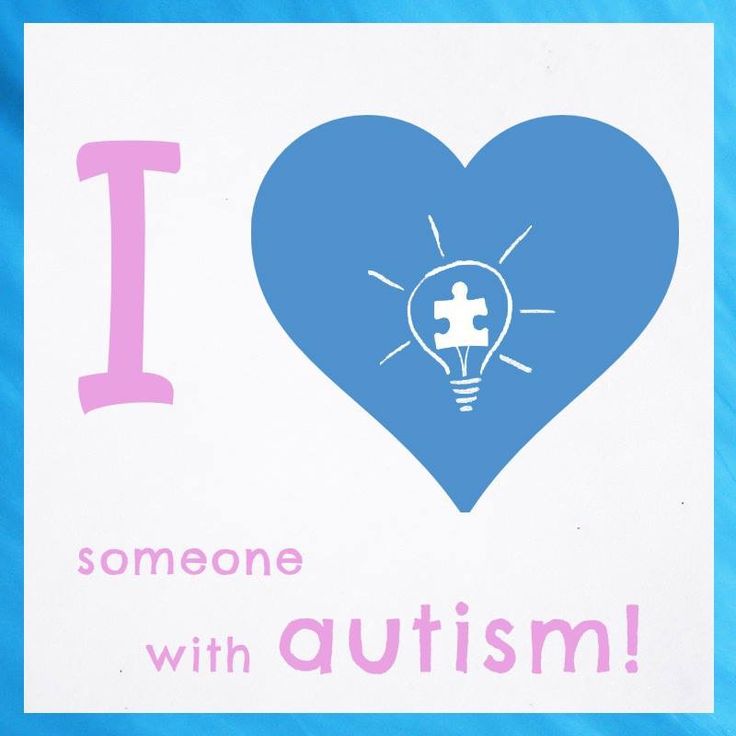 It can be wonderful if you can find the right activities to enjoy together. This can include each of you exploring special interests together. This might take extra patience at first especially if some boundaries are important to establish. Parallel activities can also be explored. You are both in the same room or space, but may be engaging in different activities for a period of time. It can be helpful to decide on the designated period of time in advance. A timer or other concrete reminder can be set. Be creative!
It can be wonderful if you can find the right activities to enjoy together. This can include each of you exploring special interests together. This might take extra patience at first especially if some boundaries are important to establish. Parallel activities can also be explored. You are both in the same room or space, but may be engaging in different activities for a period of time. It can be helpful to decide on the designated period of time in advance. A timer or other concrete reminder can be set. Be creative!
Social events are often difficult for a person with ASD and you will likely be the one arranging the social events. You may be the one with the most interest in these events and have the better “neurological” abilities (i.e. executive function capabilities) to make the arrangements. Your partner may be going along with your ideas because he wants to please you and/or will enjoy most things if you are there. They will also usually enjoy themselves once they know what to expect.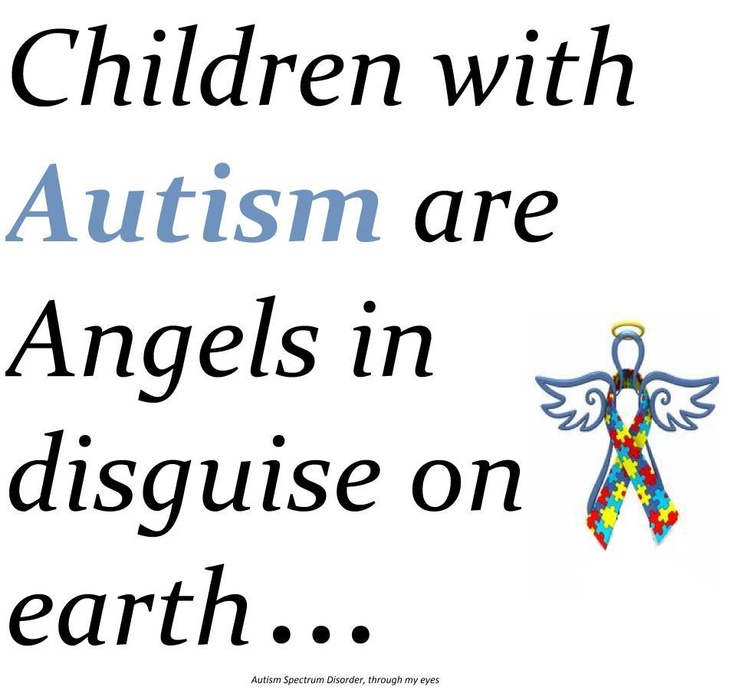 It can be beneficial if a “role” can be established for your partner at various social functions. This role could be any task(s) that would contribute to the event, such as helping with setting up or checking drinks or food. Discuss and plan what this would involve. Also, discuss options for a quiet space or place to retreat to take a break during social activities.
It can be beneficial if a “role” can be established for your partner at various social functions. This role could be any task(s) that would contribute to the event, such as helping with setting up or checking drinks or food. Discuss and plan what this would involve. Also, discuss options for a quiet space or place to retreat to take a break during social activities.
Your partner may need an actual “escape” plan when socializing gets too overwhelming or over stimulating. As mentioned before, one plan couples often use is to drive two cars so that the ASD partner can leave before his stress level gets too high as to result in a shutdown or meltdown.
You may have found your partner is very content to spend a lot of time pursing a special interest. This can be an important calming technique. It is important that this time is balanced with other life activities and couple time together. If possible, this time can be scheduled but flexible. In times of greater stress for your ASD partner, he may need more time pursuing his interests and/or time alone.![]()
At the same time, you may need to schedule time for your individual interests. If this includes additional socializing, you may need to look for scheduling time with friends, joining clubs, volunteering and/or pursuing other interests that involve other people. You may find you will need these outside activities and social opportunities to connect with others in addition to your emotional fulfilment with your partner.
5. Find Professional Support (for ASD and any secondary mental health needs)It may be important and necessary to find professional support for the communication and sensory issues you encounter as a couple. It might also be helpful to address executive function issues with a professional. As mentioned before, executive function skills can be very weak for someone on the autism spectrum. A professional who can address executive function issues may be hard to find but worth the effort. The book by Dawson and Guare (2016) listed under resources at the end of this article may also be helpful in understanding and addressing executive function deficits.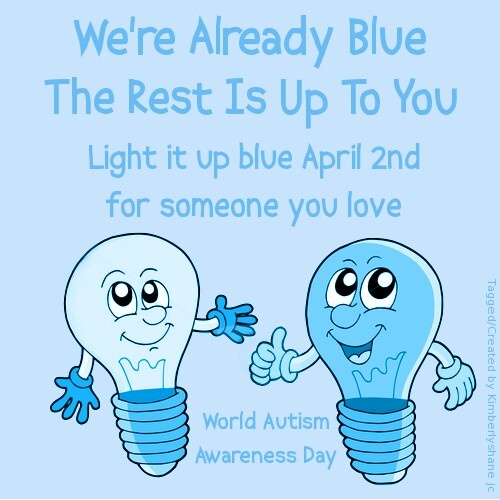
Be aware that individuals with an autism spectrum disorder are at greater risk for depression, anxiety, obsessive-compulsive disorder and/or other mental health disorders (Roy et. al., 2015; Croen et. al., 2015). Low self-esteem due to negative social interactions and experiences can also affect your partner’s mental health.
You can also experience your own mental health issues. Approximately 40% of the general population meets the criteria for a mental health diagnosis at least once in their life. For people on the autism spectrum, the rate of co-occurring mental health symptoms is thought to be at least 69% (Lever & Geurts, 2016). You may also be at greater risk to experience anxiety and or depression as an effect of your relationship with your partner, especially if he was undiagnosed and/or untreated until recently.
The person with ASD may need dependable periods of social isolation. This may be difficult to understand and not take personally. Your partner may also have developed a pattern of retreating to his special interests, in part as a coping mechanism and not knowing what to do to make you happy.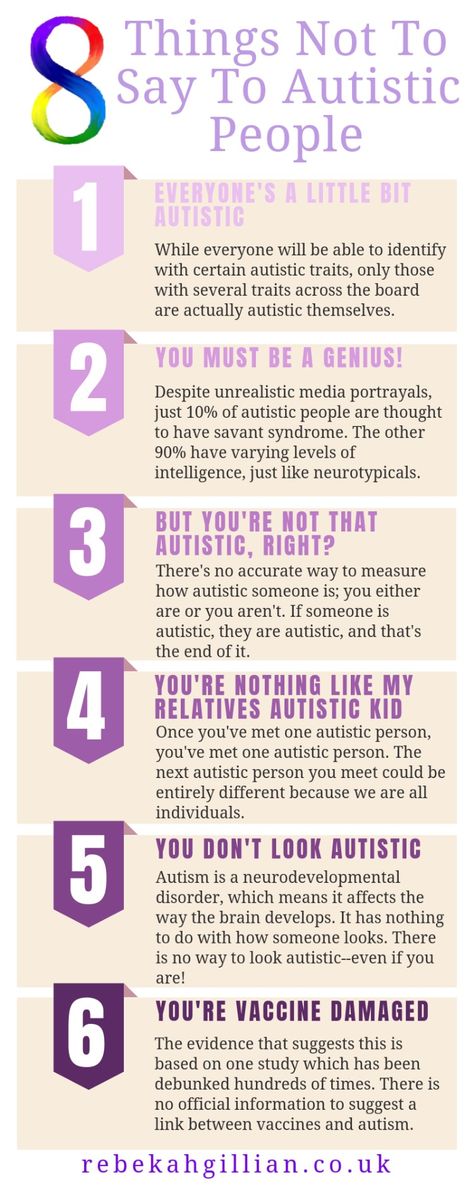 This can be due to communication differences and difficulties such that he does not have the information needed to carry out your wishes. He then decides it is better to do nothing then to do the wrong thing.
This can be due to communication differences and difficulties such that he does not have the information needed to carry out your wishes. He then decides it is better to do nothing then to do the wrong thing.
Over time and when sharing a home, misunderstandings and problems will occur. Because of the nature of ASD, you may feel a lack of communication and emotional contact with your partner. As you try to work on your relationship, it is likely that contact with others will become more limited causing further loneliness. This can lead to depression, and maybe even, feelings of despair. For various reasons, it could be important for you and your partner to be assessed and treated for any mental health conditions.
It is very important to work with a professional who has knowledge and experience working with adults on the autism spectrum. If a therapist with knowledge and experience about ASD is not available, you will want to find someone who has an interest in supporting neuro-diverse relationships and who has qualities that are a good fit for someone with autism.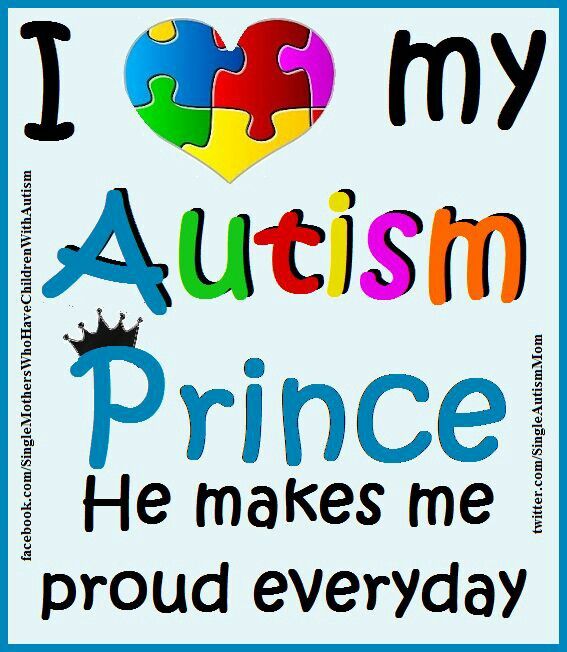
Cognitive Behavioral Therapy (CBT) is an evidence based-practice used with typically developing adults as well as those on the autism spectrum. Research has shown that adaptations of CBT such as a more structured, concrete and visual approach and possibly shortening or lengthening sessions can be important to meet the needs of someone on the autism spectrum (Cooper, et.al., 2018; Spain et.al. (2015). Dania Jekel, Executive Director of AANE (Asperger/Autism Network) has a blog post, on the AANE, website, which describes what to look for in a therapist: https://www.aane.org/finding-the-right-therapist/.
You are most likely reading this article because you are frustrated, unhappy and/or confused about the behavior of your partner on the autism spectrum. It may be a new diagnosis for your partner. You are seeking information and support. It may be very hard, at this time, to think of things your partner does well and appreciate his gifts. There were gifts you saw that led you to make a lifelong commitment to your partner. Remind yourself to remember, observe and acknowledge your strengths and the strengths of your partner at every opportunity.
Remind yourself to remember, observe and acknowledge your strengths and the strengths of your partner at every opportunity.
This article is meant to offer you basic information, tips and tools for strengthening your relationship with your partner on the autism spectrum. Everyone’s journey is unique. Some issues such as parenting, family vacations and employment related issues have not been addressed within this article. Included below are some resources you may wish to pursue for further information. With the right tools, commitment and support, you and your partner can experience a lasting, positive, rewarding and loving relationship.
Resources
Ariel, C. (2012). Loving someone with Asperger's syndrome: Understanding and connecting with your partner. Oakland, CA: New Harbinger Publications, Inc.
Aston, M. (2009). The Asperger couple's workbook: practical advice and activities for couples and counsellors. Philadelphia, PA: Jessica Kingsley Publishers.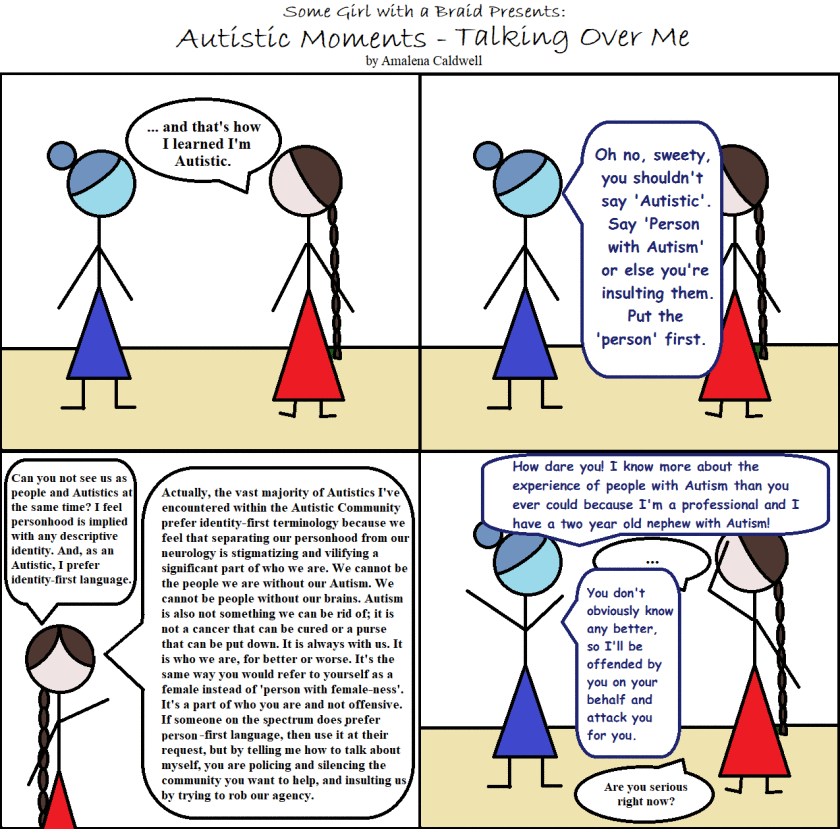
Aston, M. (2014). The other half of Asperger syndrome (autism spectrum disorder): A guide to living in an intimate relationship with a partner who is on the autism spectrum (2nd ed.). Philadelphia, PA: Jessica Kingsley Publishers.
Attwood, T., Evans, C. R., & Lesko, A. (Eds.). (2014). Been there, done that--try this!: An Aspie's guide to life on earth. London; Philadelphia, PA: Jessica Kingsley Publishers.
Bentley, K. (2007). Alone together: Making an Asperger marriage work. Philadelphia, PA: Jessica Kingsley Publishers.
Dawson, P., and Guare, R. (2016). Smart but scattered guide to success. New York: Guilford Press.
Finch, D. (2012). The journal of best practices: A memoir of marriage, Asperger syndrome, and one man's quest to be a better husband. New York, NY: Scribner.
Hendrickx, S. (2008). Love, sex and long-term relationships: What people with Asperger syndrome really really want. Philadelphia, PA: Jessica Kingsley Publishers.
Jekel, D. (2019). Finding the right therapist. https://www.aane.org/finding-the-right-therapist/.
(2019). Finding the right therapist. https://www.aane.org/finding-the-right-therapist/.
Mahler, K. (2017). Interoception the eighth sensory system: Practical solutions for improving self-regulation, self-awareness and social understanding. Lenexa, KS: AAPC Publishing.
Mendes, E.A. (2015). Marriage and lasting relationships with Asperger's syndrome (Autism spectrum disorder). Philadelphia, PA: Jessica Kingsley Publishers.
Myles. B.S., Mahler, K. & and Robbins, L.A. (2014). Sensory issues and high-functioning autism spectrum and related disorders: Practical solutions for making sense of the world (2nd ed.). Shawnee Mission, KS: AAPC Publishing.
Moreno, S., Wheeler, M., and Parkinson, K. (2012). The partner's guide to Asperger syndrome. Philadelphia, PA: Jessica Kingsley Publishers.
Peters, T. & Peters, L. (2016). Our socially awkward marriage: Stories from an Asperger's relationship. Tulsa, OK: Brookside Press.
Rowlands, K. (2017). Walking on eggshells: Confessions from an Asperger marriage and how we made it work.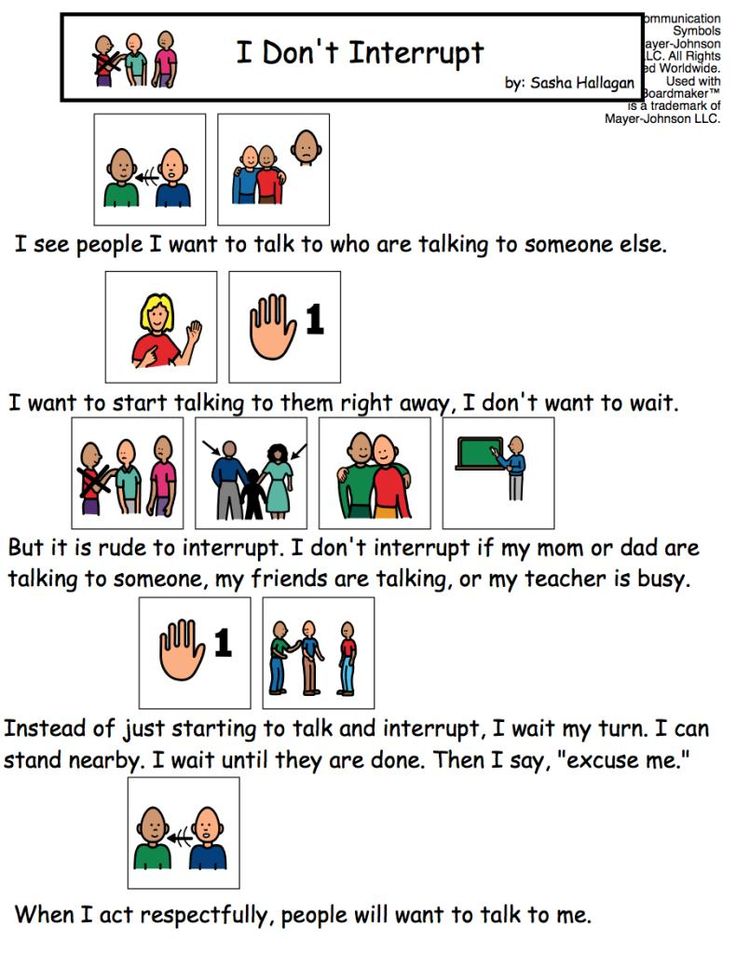 Northumberland, England: Old Tavern House.
Northumberland, England: Old Tavern House.
Stanford, A. (2015). Asperger syndrome (Autism Spectrum Disorder) and long-term relationships (2nd ed.). Philadelphia, PA: Jessica Kingsley Publishers.
Thompson, B. (2008). Counseling for Asperger couples. Philadelphia, PA: Jessica Kingsley Publishers.
ReferencesAmerican Psychiatric Association. (2013). Diagnostic and statistical manual of mental disorders (5th ed.). Arlington, VA: American Psychiatric Association.
Cooper, K., Loades, M.E., & Russel, A., (2018). Adapting psychological therapies for autism. Research in Autism Spectrum Disorders. 45; 43-50.
Croen, L. A., Zerbo, O., Qian, Y., Massolo, M. L., Rich, S., Sidney, S., & Kripke, C. (2015). The health status of adults on the autism spectrum. Autism, 19(7), 814–823.
Fiene, L., & Brownlow, C. (2015). Investigating interoception and body awareness in adults with and without autism spectrum disorder. Autism Research, 8(6), 709–716.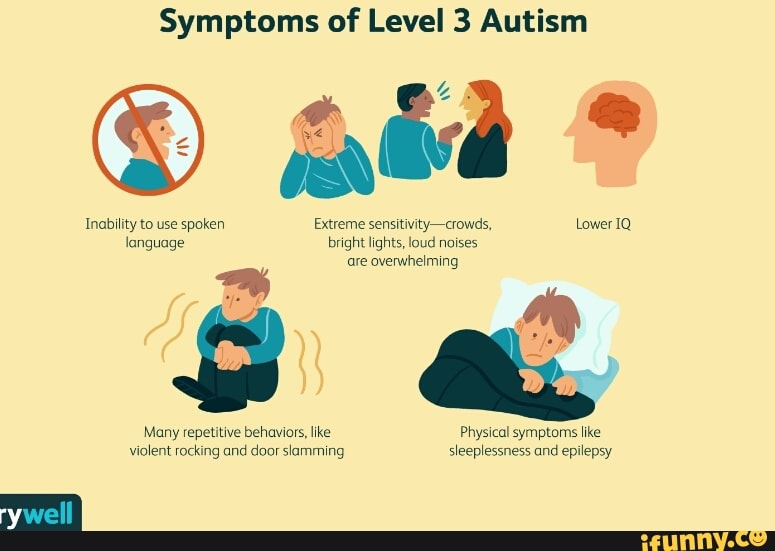
Garfinkel, S.N., Tiley, C., O'Keeffe, S., Harrison, N.A., Seth, A.K., & Critchley, H.D. (2016). Discrepancies between dimensions of interoception in autism: Implications for emotion and anxiety. Biological Psychology. 114; 117-26.
Lever, A. G., & Geurts, H. M. (2016). Psychiatric co-occurring symptoms and disorders in young, middle-aged, and older adults with autism spectrum disorder. Journal of Autism and Developmental Disorders, 46(6), 1916–1930.
Maisel, M. E., Stephenson, K. G., South, M., Rodgers, J., Freeston, M. H., & Gaigg, S. B. (2016). Modeling the cognitive mechanisms linking autism symptoms and anxiety in adults. Journal of Abnormal Psychology, 125(5), 692-703.
Roy M., Prox-Vagedes V., Ohlmeier M.D., & Dillo W. (2015). Beyond childhood: psychiatric comorbidities and social background of adults with Asperger syndrome. Psychiatria Danubina, 27(1), 50-59.
Shah, P., Hall, R., Catmur, C., & Bird, G. (2016). Alexithymia, not autism, is associated with impaired interoception. Cortex: A Journal Devoted to the Study of the Nervous System and Behavior, 81, 215-220.
Cortex: A Journal Devoted to the Study of the Nervous System and Behavior, 81, 215-220.
Sizoo, B.B. & Kuiper, E. (2017). Cognitive behavioural therapy and mindfulness based stress reduction may be equally effective in reducing anxiety and depression in adults with autism spectrum disorders. Research in Developmental Disabilities, 64; 47-55.
South, M. & Rodgers, J. (2017). Sensory, emotional and cognitive contributions to anxiety in autism spectrum disorders. Frontiers in Human Neuroscience, 11: 20.
Spain, D., Sin, J., Chalder, T., Murphy, D., & Happe, F. (2015). Cognitive behavior therapy for adults with autism spectrum disorders and psychiatric co-morbidity: A review. Research in Autism Spectrum Disorders. 9; 151-162.
Walters, S., Loades, M. & Russell, A. (2016). A systematic review of effective modifications to cognitive behavioural therapy for young people with autism spectrum disorders. Journal of Autism and Developmental Disorders. 3(2): 137-153.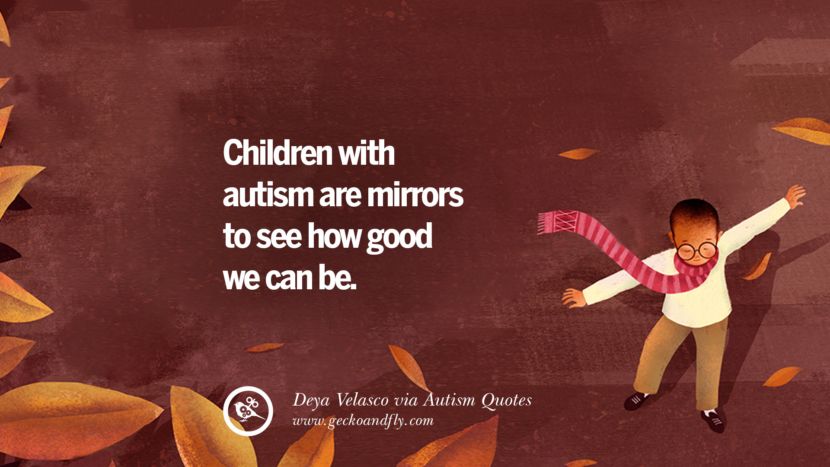
Weston, L., Hodgekins, J., & Langdon, P.E. (2016). Effectiveness of cognitive behavioural therapy with people who have autistic spectrum disorders: A systematic review and meta-analysis. Clinical Psychology Review. 49, 41-54.
Wheeler, M. (2020, March 25). Tips for women in relationships with partners on the autism spectrum. https://www.iidc.indiana.edu/irca/articles/tips-for-women-in-relationships.html
Dating Someone With Autism - 12 Things To Know
While autistic children are the majority recipients of special attention and early intervention programs, adults and teens can be overlooked—especially when it comes to developing and exploring romantic relationships. Just like “neuro-typical” adults, people on the spectrum also deal with the ups and downs of finding and keeping romantic partners and intimate relationships.
12 Tips For Dating Someone With Autism
Depending on your child’s abilities, there may come a time when they want to explore dating.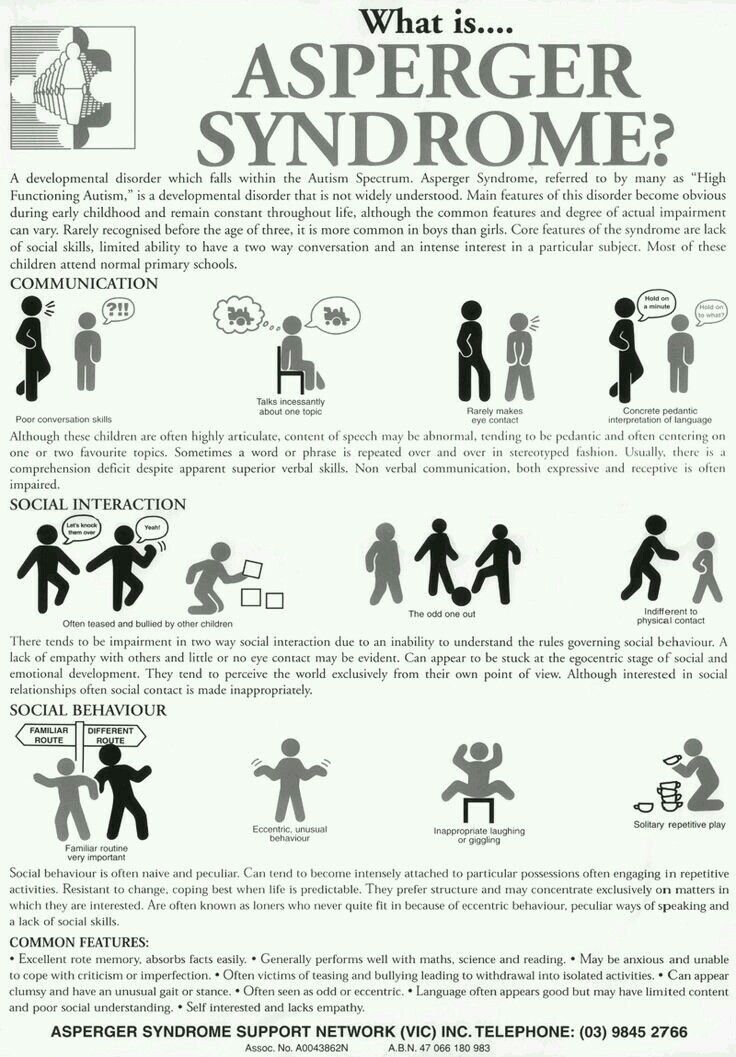 Below are some helpful tips you can share with someone who is interested in dating your son or daughter with autism (they’re also good tips for friendships as well). Of course, these are general tips and may need to be adjusted based on their specific needs and preferences, and some may not apply at all. That’s the beauty and challenge of the autism spectrum.
Below are some helpful tips you can share with someone who is interested in dating your son or daughter with autism (they’re also good tips for friendships as well). Of course, these are general tips and may need to be adjusted based on their specific needs and preferences, and some may not apply at all. That’s the beauty and challenge of the autism spectrum.
1. Dating people who are not on the spectrum is quite common
One common misconception is that people with autism only want to date others who are also on the spectrum. This notion is completely untrue as they want to find someone to connect with that they can just be themselves around. After all, autism is a spectrum, so it could take a few dates for someone to even realize the person they’re with is autistic. That’s why it may be important to discuss this with anyone your child wants to have a relationship with.
2. Choose date spots wisely
While a neurotypical person might think a dimly lit bustling bar is an excellent place for a first date, it could be the worst place for someone on the spectrum.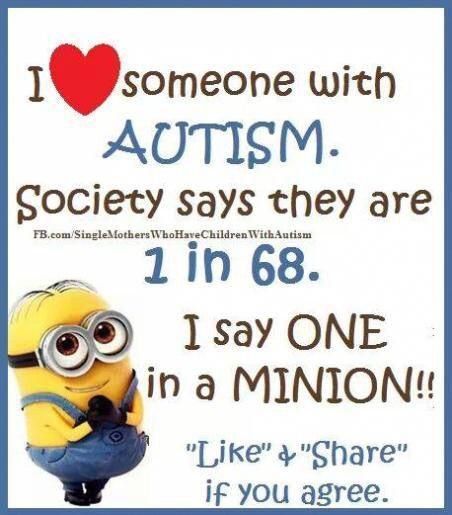 It’s common for an individual on the spectrum to become uncomfortable or distracted in a loud, crowded place. Due to heightened senses, flashing lights and loud noises can be especially unpleasant. So it’s important to do due diligence as far as location and activities are concerned.
It’s common for an individual on the spectrum to become uncomfortable or distracted in a loud, crowded place. Due to heightened senses, flashing lights and loud noises can be especially unpleasant. So it’s important to do due diligence as far as location and activities are concerned.
3. The magic touch
While adults with autism also desire the physical aspects of a romantic relationship, the kind of touch they wish to receive may differ from the type of touch a neuro-typical individual would find pleasurable. When it comes to touch, you should always discuss their preferences with them. Autistic partners may need pressure, not aggressive, but firm and consistent. While this is not typically what you think of with tender, romantic love, it may cause a person with ASD discomfort if someone were to kiss them or hold their hand gently. For example, one teenager with autism who didn’t like kissing at all, described that he felt it was just like smashing faces together.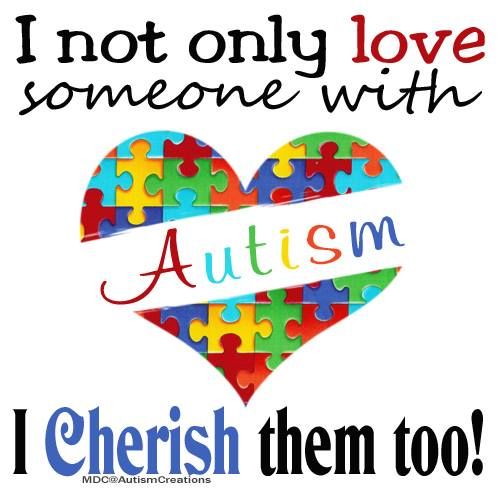
Tip For Dating An Autistic Person – The magic touch
4. People with autism have a higher emotional capacity
Studies have shown that people with Autism regularly experience feelings and emotions that are stronger and deeper than those without ASD. Yet, these feelings are invisible to outsiders because they rarely show them the way typical people do. Due to a lack of grandiose emotional displays or any other expected response, people often make the wrong assumption as far as their depth of feeling about other people.
5. Get ready for brutal honesty
One characteristic people autism often have is brutal honesty. When you ask their opinion on something — such as if they like your new haircut —they’ll have no qualms about telling you that your old cut was better, or that they simply don’t like it. It’s important to remember that they have no ill intentions; they’re simply saying what they believe to be true. Although their responses may sometimes hurt your feelings, when they give you praise or say they like something, it means so much more because you know they really mean it.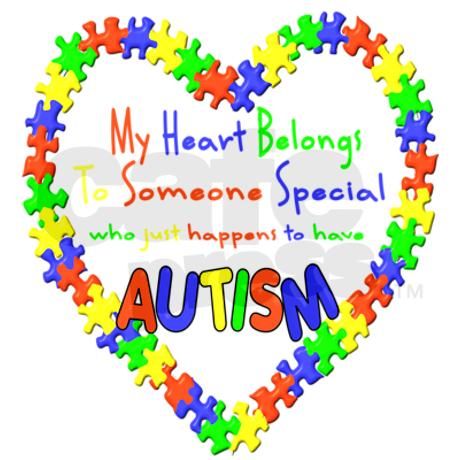 If they tell you, they love you, then you can completely trust and believe that they genuinely, honestly, love you.
If they tell you, they love you, then you can completely trust and believe that they genuinely, honestly, love you.
6. Sarcasm is NOT going to work
Those with Autism often take things very literally, so if you shout out in the middle of a heated argument “go away” (meaning go to another room so that you can have some space and stop arguing with each other) they might walk out of the house with no intention of returning. It’s important to be clear about how you communicate your feelings. If you tell them that the spicy food you are eating is burning your mouth, they might think that you’ve just eaten something which is physically hurting you and call for help.
7. Ease into changes
A lot of people with autism don’t respond well to change as they prefer stability and familiarity. They often maintain the same interests and tastes over decades, perhaps even for life, whereas neuro-typical people may change their taste in food, music, or personal style often.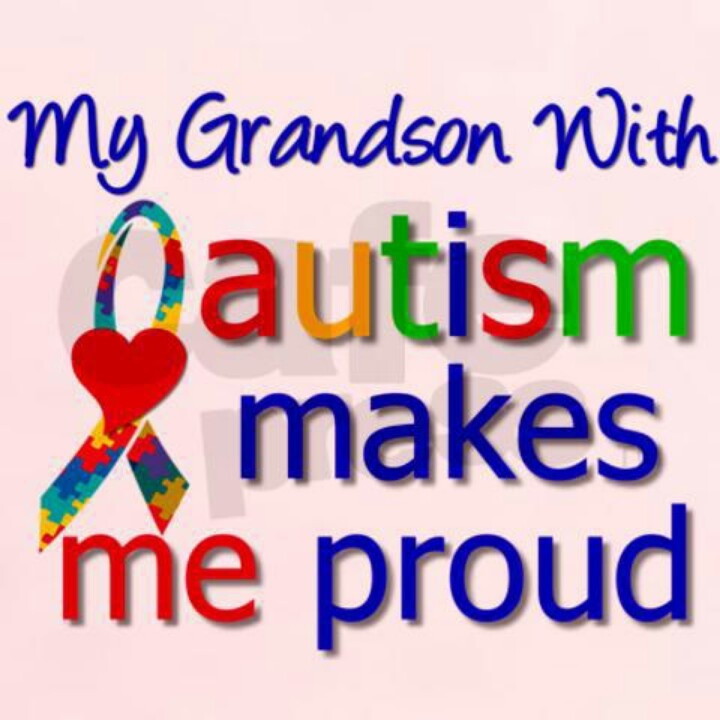 Due to their dependency on a set routine, abrupt changes that alter their regularly scheduled programming could make them anxious or even angry. For example, they will find it challenging to have a sudden cancelation or change in previously scheduled plans.
Due to their dependency on a set routine, abrupt changes that alter their regularly scheduled programming could make them anxious or even angry. For example, they will find it challenging to have a sudden cancelation or change in previously scheduled plans.
8. It may seem insignificant to you, but it’s not to them
Because someone with autism lives in a world where the sensitivities of their experiences are dialed up to the max, things that don’t bother others can be overwhelming and painful for them. They could be less than halfway through a dinner date when they suddenly get angry and feel they need to leave because the noise level is too high or the wait staff keeps walking by them. Patience is a must and an effort should be made to avoid bringing them into potentially triggering environments.
AngelSense NewsletterSIGN UP
9. They might focus too much on what interests them
People with autism oftentimes develop intense interests, and it’s important to understand that most of their time will be spent focused on their interests. When they talk to people, they often want to talk about these interests, often for long periods of time, with the expectation that everyone will be as interested in their hobbies as they are. If someone cuts them off and starts talking about a different topic, they can be very blunt and will let people know how boring they are. With patience and practice, this can improve over time as they learn to listen, understand another person’s point of view and vary their conversation topics.
When they talk to people, they often want to talk about these interests, often for long periods of time, with the expectation that everyone will be as interested in their hobbies as they are. If someone cuts them off and starts talking about a different topic, they can be very blunt and will let people know how boring they are. With patience and practice, this can improve over time as they learn to listen, understand another person’s point of view and vary their conversation topics.
10. Give them time to process big-time decisions
At some point or another in relationships, decisions will need to be made. Whether it be something small like deciding where to eat for dinner or a more significant commitment such as buying a home together or getting married, it’s critical to understand that transitions can often be difficult at first for those with autism to comprehend. This isn’t any different for any other human being on this planet, but like we mentioned before, change and transitions can make some people feel overwhelmed or anxious.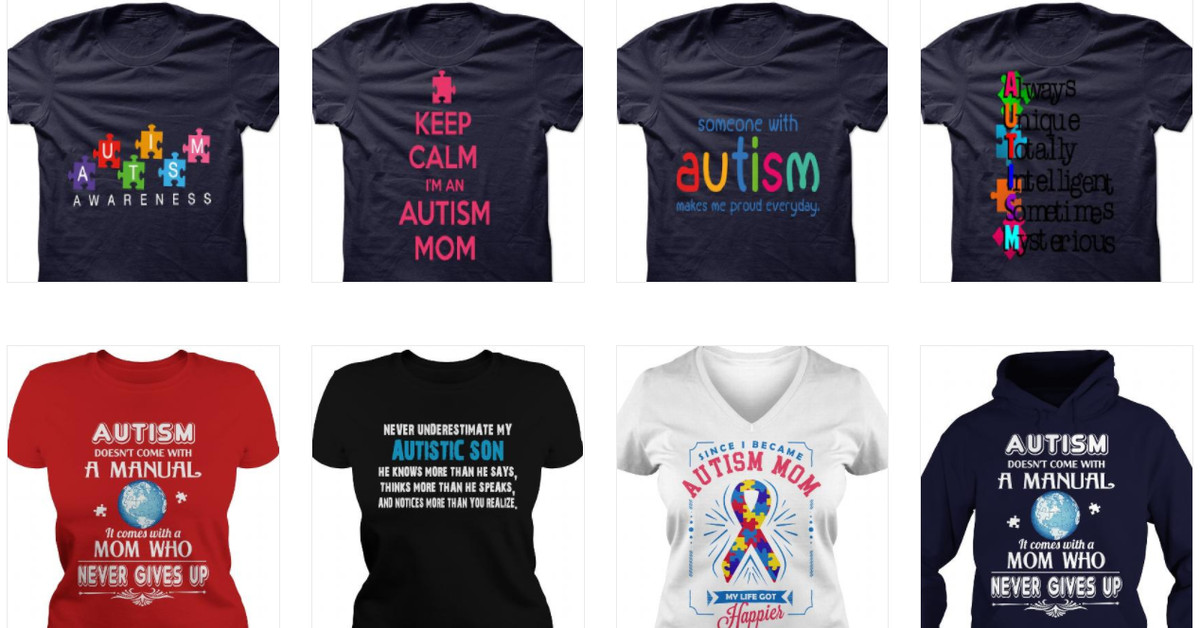 Make sure to give them extra time to process things fully before expecting a final decision.
Make sure to give them extra time to process things fully before expecting a final decision.
How to help your ASD child date
11. Don’t be afraid to initiate affection
Those with autism want love and affection as much as anyone else but are likely to want you to take control of initiating it. They may not have necessarily developed the social skills to know what to do in a relationship, so they may try to do what they want to do, and at times behave inappropriately or misread signals. At other times they may be so focused on their own interests that they forget to pay you attention. Some people with autism don’t instinctively think to give kisses or hugs and tell you they love you, so their partner often has to be the one to initiate these things. As they learn, they’ll get better at consciously deciding to do these things on their own. The important thing to keep in mind is that just because they don’t show love in a typical way doesn’t mean they don’t love you.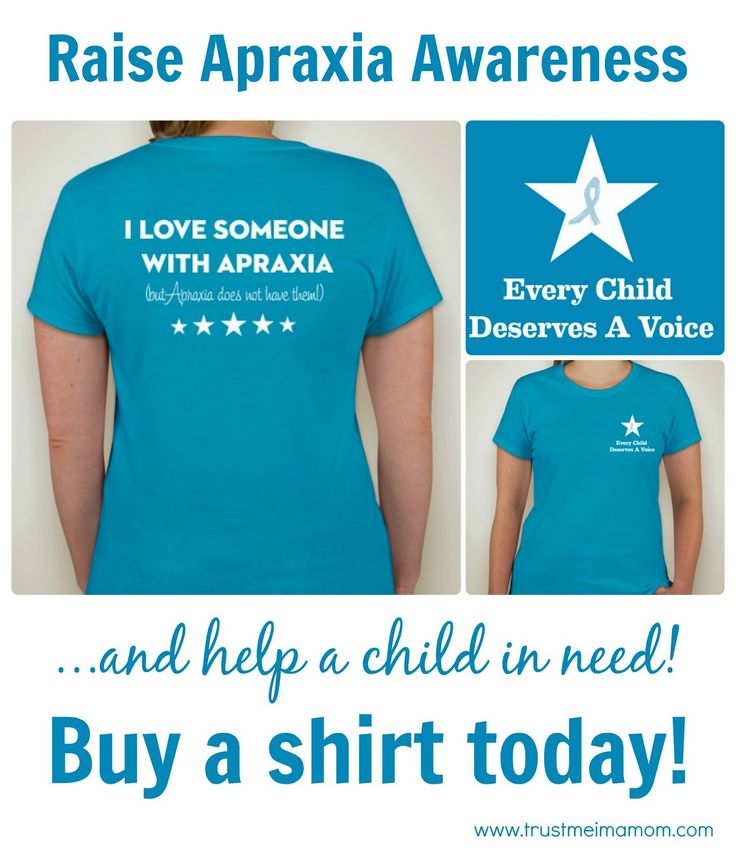 From their perspective, they have chosen to be with you and expect you to see this as evidence of their love.
From their perspective, they have chosen to be with you and expect you to see this as evidence of their love.
12. Be direct and consistent
Being able to share needs and desires openly is extremely important when dating someone with autism. This can either be verbally during a conversation or in writing by giving them a heartfelt letter. Don’t hint at what you want and expect for them to pick up on it. It’s equally as important to remain consistent in reminding them about what you want because they likely won’t understand the unspoken ‘dos’ and ‘don’ts’ of certain situations. Above all, remain patient, understanding, and willing to compromise as well.
All parents want their children to experience love and have meaningful relationships. With the raised awareness and integration into more inclusive school environments, it is becoming more and more common for those with autism to date. These transitions, however, to teen and young adult can be especially tough when your child has autism or other special needs.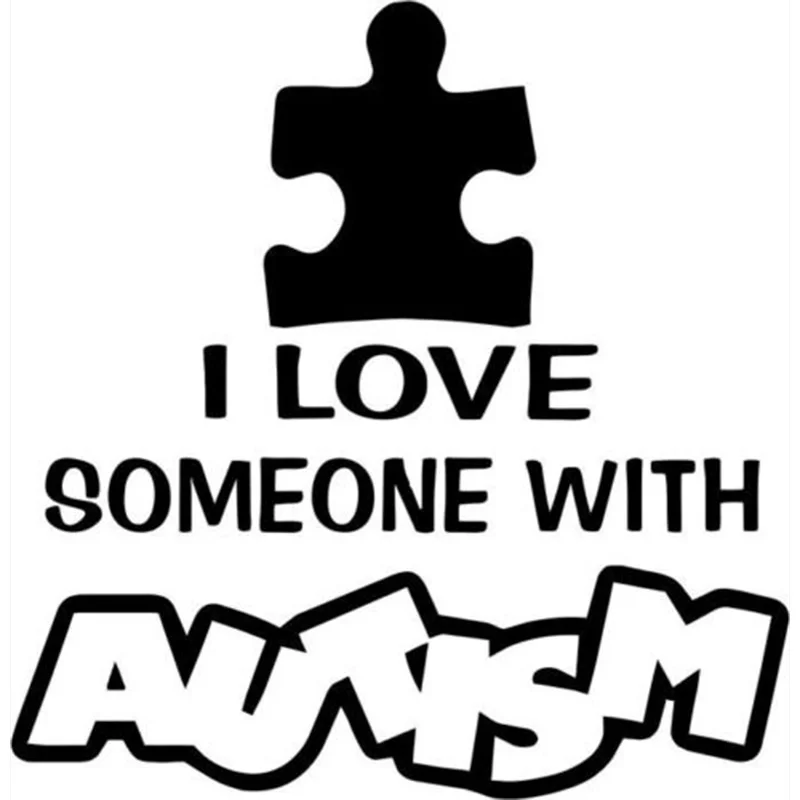 As they start wanting more independence and to spend time with friends outside of the home, AngelSense GPS for Autism helps give parents the peace of mind they need to give their loved ones more freedom.
As they start wanting more independence and to spend time with friends outside of the home, AngelSense GPS for Autism helps give parents the peace of mind they need to give their loved ones more freedom.
How can romantic relationships develop in young people with Asperger's syndrome and high-functioning autism?
04/19/14
Clinical psychologist, specializing in Asperger syndrome, about the features of romantic and intimate relationships in adults with RAS
Author: Tony Etwood
Translation: Tamara Solomatina
9000 9000 9000 9000 9000 9000 9000 9000 9000.S. Autism Network
While young people with classic autism usually suffice with a solitary “hermit” lifestyle, people with Asperger's syndrome and high-functioning autism often do not. Clinical studies have shown that most of these adolescents and young adults are interested in romantic relationships. However, very little research addresses this aspect of autism spectrum disorders or strategies for successfully developing these relationships.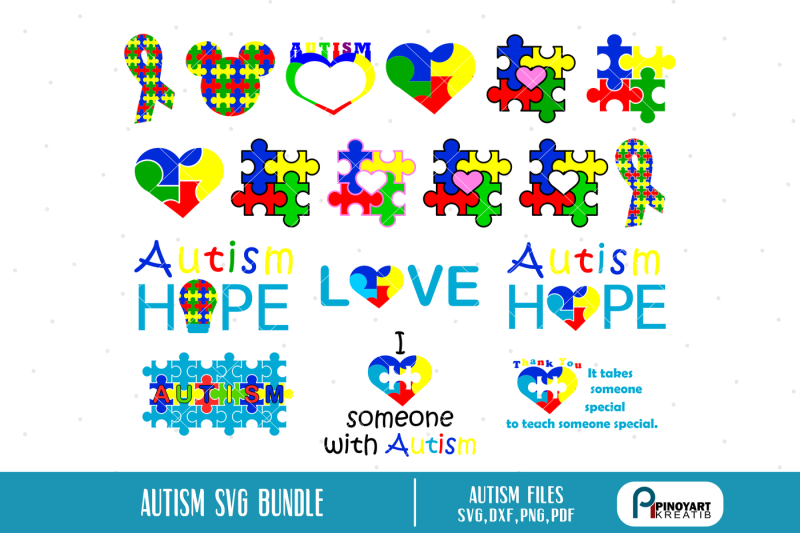
We know that young people with Asperger's have significant difficulty developing relationships with peers and understanding what the other person may be thinking or feeling. Ordinary children learn this naturally and practice the skills to develop relationships with family members and friends long before they use these abilities to successfully develop romantic relationships. Young people diagnosed with Asperger's and high-functioning autism have limited communication skills and may find it difficult to express emotions, especially affection. They may also have very high sensitivity to certain sensory experiences. All of these diagnostic characteristics affect relationship-forming skills as the child grows and will ultimately reduce the adult's chances of a successful long-term relationship. nine0003
Love and affection
People with autism spectrum disorders have difficulty understanding and expressing emotions, and the most difficult emotion for such people is love.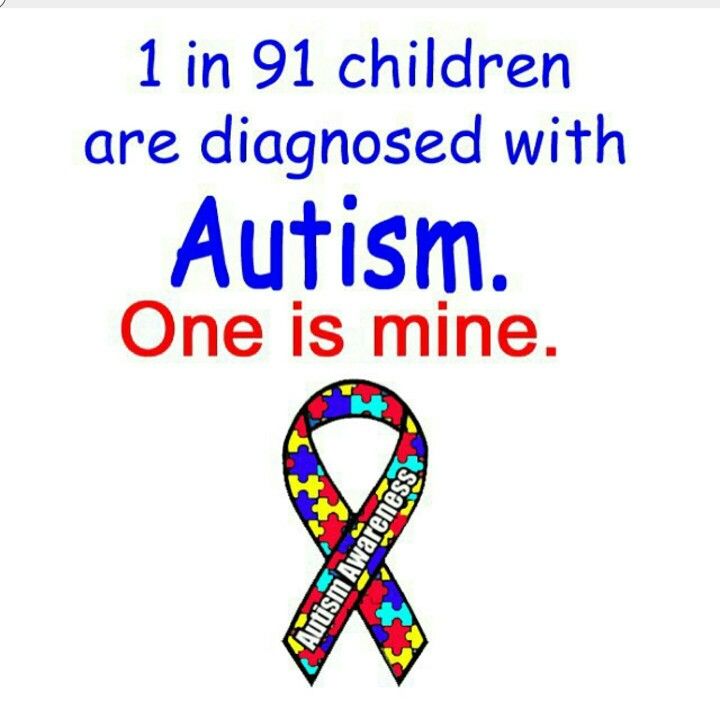 Ordinary children and adults often express their affection with pleasure, know how to express it to exchange mutual feelings of affection and love, and know how to support someone through the expression of affection. A child or adult with autism may not need the same depth and frequency of expressions of love through actions, or may not realize that the situation requires them to display their affection in a way that would please the other person. He or she may be annoyed at how other people are "fixated" on expressing love for each other. nine0003
Ordinary children and adults often express their affection with pleasure, know how to express it to exchange mutual feelings of affection and love, and know how to support someone through the expression of affection. A child or adult with autism may not need the same depth and frequency of expressions of love through actions, or may not realize that the situation requires them to display their affection in a way that would please the other person. He or she may be annoyed at how other people are "fixated" on expressing love for each other. nine0003
Some autistics may be obviously immature in their expressions of affection and sometimes perceive them as a negative experience. For example, a hug may feel uncomfortable and limit movement. A person may become embarrassed or overwhelmed when expected to express and accept fairly moderate expressions of love. I recently developed a cognitive behavioral therapy program for children and adolescents with Asperger's Syndrome that teaches them about the emotion of love and how to express that you love or feel sympathy for someone.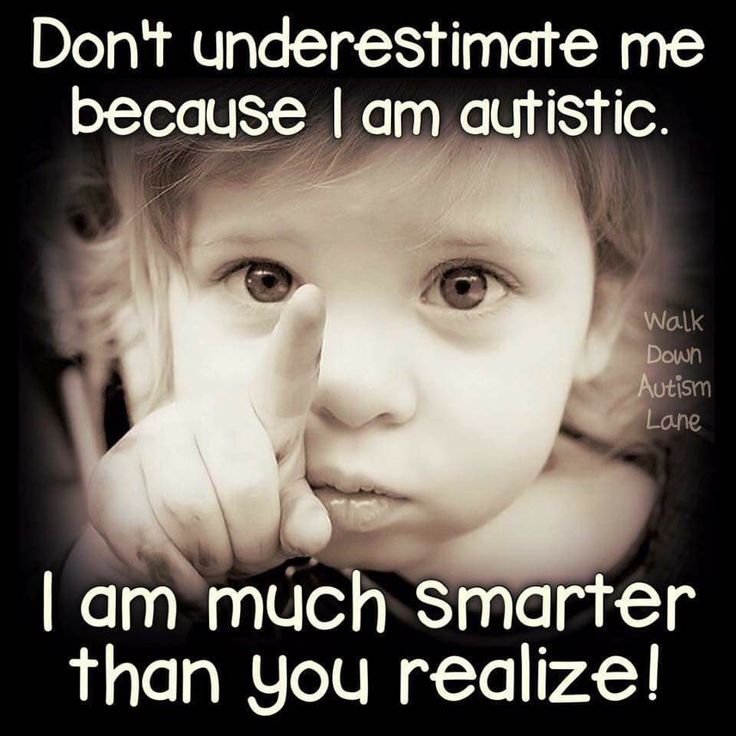 The program will soon be evaluated in a study conducted by the University of Queensland in Australia. nine0003
The program will soon be evaluated in a study conducted by the University of Queensland in Australia. nine0003
Special interests
One of the diagnostic characteristics of Asperger's syndrome is the development of a special interest that is unusual in its object and significance. For adolescents and young adults, the target is sometimes a person, which can be interpreted as a typical teenage crush, but the degree of interest and associated behavior often lead to accusations of stalking and harassment. The propensity to develop a special interest can also influence the emergence of relationship knowledge in other ways. Special interests help people with Asperger's in many ways, including acquiring the knowledge to understand the annoying aspects of their life experiences. Adolescents with Asperger's Syndrome often seek to understand and experience in terms of communication and relationships, including romantic and sexual ones, the same as their peers, but they may have problems with sources of information about relationships and sexuality. nine0003
nine0003
A teenager with Asperger's syndrome has few or no friends with whom to discuss topics such as romantic or sexual feelings and sexual behavior. Unfortunately, the only source of information for teens with Asperger's can be either porn movies for boys or soap operas for girls. A person with Asperger's Syndrome may decide that the actions shown in pornographic material can serve as a "script" of what to say or do on a date, but this misunderstanding can lead to allegations of harassment. Such allegations are more likely to be related to inappropriate behavior than to sexual assault or violence. Girls with Asperger's may use movies and TV shows as a source of knowledge about relationships and are unable to recognize that TV shows do not accurately reflect the beginning and development of relationships in real life. nine0003
Clinical studies show that unpopular girls with Asperger's syndrome, who are not accepted into any company, after the physical changes that occurred during puberty, are flattered by the attention of boys. Because of her naivety, the girl may not realize that their interest is sexual in nature, and not at all a desire to simply communicate with her and spend time in her company. She may not have female friends to take her on a first date or give her advice on social and sexual rules. Her parents may have strong concerns about her vulnerability to negative sexual experiences and possible date rape. nine0003
Because of her naivety, the girl may not realize that their interest is sexual in nature, and not at all a desire to simply communicate with her and spend time in her company. She may not have female friends to take her on a first date or give her advice on social and sexual rules. Her parents may have strong concerns about her vulnerability to negative sexual experiences and possible date rape. nine0003
Long-term relationship
There is a transition from acquaintance to partnership in the relationship. Individuals with Asperger's may find it difficult to cope with each step of this transition. To move from friend to partner status, a teenager or young person with Asperger's needs to understand the art of flirting in order to accurately read the signals of mutual sympathy and not get lost during dates. People with Asperger's do not understand this intuitively. These teens and young adults often ask me, “How can I find a boyfriend/girlfriend?” And this question is not easy to answer.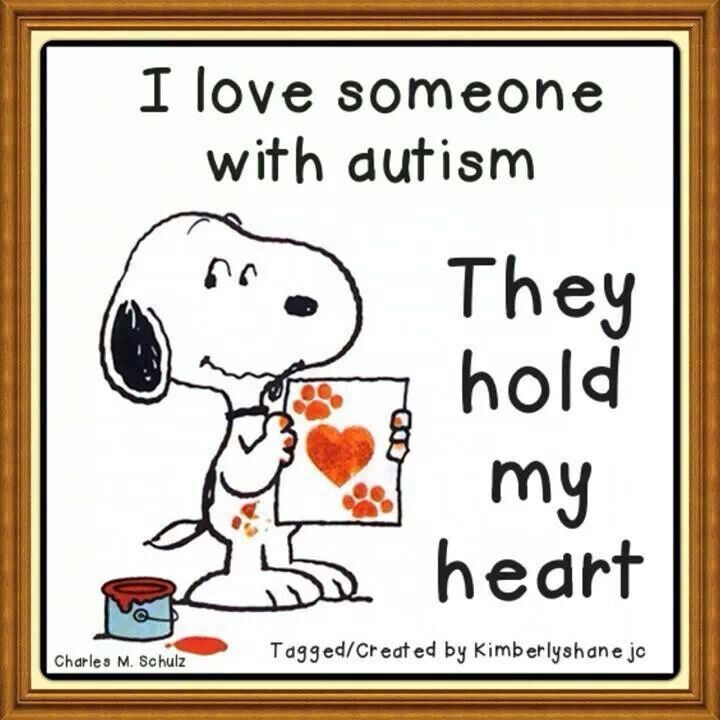 One of the difficulties can be the correct interpretation of someone's intentions. A simple expression of kindness or sympathy can be taken much more seriously than intended. I have had to explain to men with Asperger's that the smile and attention from female flight attendants are just courtesies, not a desire to start a relationship. nine0003
One of the difficulties can be the correct interpretation of someone's intentions. A simple expression of kindness or sympathy can be taken much more seriously than intended. I have had to explain to men with Asperger's that the smile and attention from female flight attendants are just courtesies, not a desire to start a relationship. nine0003
Despite the relationship problems that most people with Asperger's have, some can develop relationships and form romantic and intimate relationships, even marriage. To achieve this level of relationship, partners need to initially notice the attractive qualities of each other. What is so attractive about a young person with Asperger's Syndrome?
Attractive qualities of people with Asperger's syndrome
Men with Asperger's syndrome may have a wide range of qualities that are attractive to a future partner. When I counsel couples in which one or both partners have characteristics or a diagnosis of Asperger's Syndrome, I often ask the neurotypical partner, "What qualities did your partner draw you to when you first met?" Many women describe that a partner with Asperger's syndrome initially impressed them as kind, considerate, but socially or emotionally immature.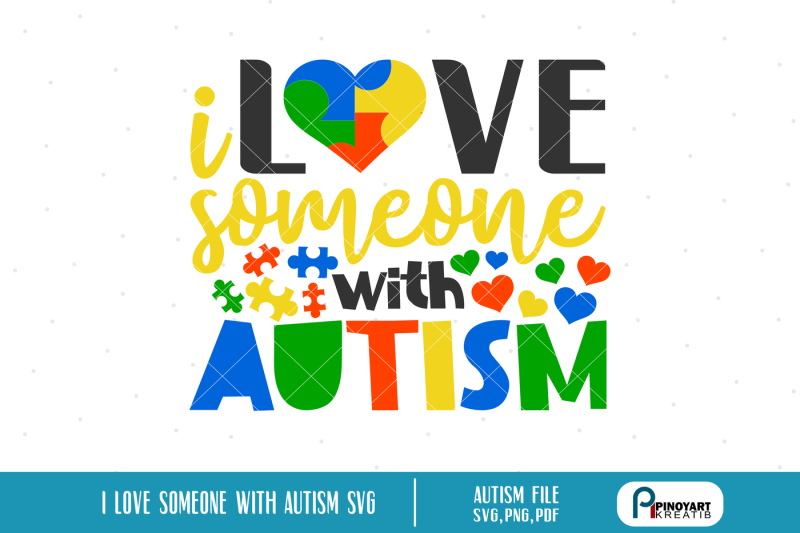 The term "silent handsome stranger" is often used to describe anyone who seems relatively quiet and likeable. Appearance and attention can become very important, especially if a woman has doubts about her own self-esteem and physical attractiveness. Lack of social and conversational skills lead to the formation of the image of the "mysterious stranger", whose naivety and immaturity the partner can compensate for by becoming an expert in empathy, socialization and communication. nine0003
The term "silent handsome stranger" is often used to describe anyone who seems relatively quiet and likeable. Appearance and attention can become very important, especially if a woman has doubts about her own self-esteem and physical attractiveness. Lack of social and conversational skills lead to the formation of the image of the "mysterious stranger", whose naivety and immaturity the partner can compensate for by becoming an expert in empathy, socialization and communication. nine0003
I have noticed that the partners of many men and sometimes women with Asperger's are on the other end of the social and empathic spectrum. On an intuitive level, they are experts in the "model of the mental" (understanding someone else's consciousness), that is, they understand and sympathize with the experiences of other people. They have the gift of seeing the world as it appears to people with Asperger's to a much greater extent than people with average empathy. Being understanding and sympathetic, they help their partner cope with difficulties in social situations. Undoubtedly, adults with Asperger's Syndrome need these traits and want to see them in a potential partner. He or she will actively seek out someone with intuitive social skills, someone who will explain social situations to them, educate them, and care for them. However, while a socially gifted and empathetic partner may be able to understand the experiences of a person with Asperger's Syndrome, that person will have significant difficulty understanding their neurotypical partner. nine0003
Undoubtedly, adults with Asperger's Syndrome need these traits and want to see them in a potential partner. He or she will actively seek out someone with intuitive social skills, someone who will explain social situations to them, educate them, and care for them. However, while a socially gifted and empathetic partner may be able to understand the experiences of a person with Asperger's Syndrome, that person will have significant difficulty understanding their neurotypical partner. nine0003
Intellectual abilities, one's own career, and increased attention to one's partner during courtship can make a person with Asperger's syndrome more attractive. Sometimes, however, this attentiveness can be perceived by others as excessive, and words and actions will seem as if they were memorized from Hollywood romantic films. A person can be admired for his straightforwardness, even if his comments hurt other people, because of his strong desire for social justice and clear moral principles. The fact that he may not be "macho" at all or not eager to spend time with other men at sports matches can also be very attractive in the eyes of some women.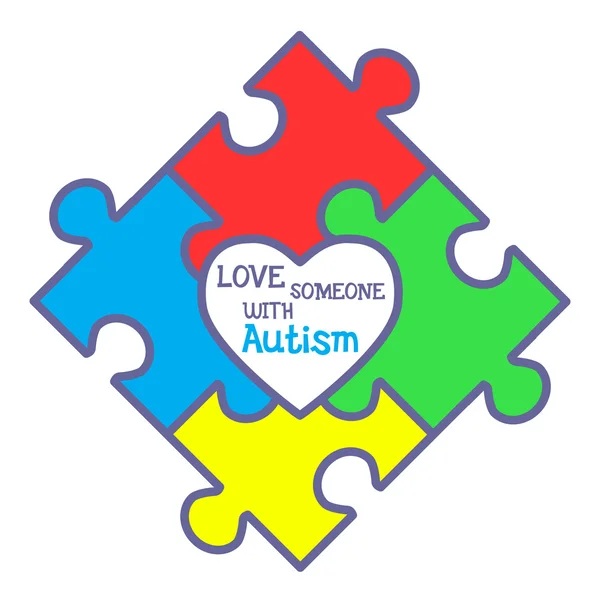 And the fact that a person with Asperger's syndrome entered into a relationship quite late can also be a plus. He may not have the "baggage" of previous relationships. I have also heard many women say that a partner with Asperger's Syndrome reminds them of their father. The fact that they grew up with a parent with Asperger's traits may also have influenced their choice of partner in adulthood. nine0003
And the fact that a person with Asperger's syndrome entered into a relationship quite late can also be a plus. He may not have the "baggage" of previous relationships. I have also heard many women say that a partner with Asperger's Syndrome reminds them of their father. The fact that they grew up with a parent with Asperger's traits may also have influenced their choice of partner in adulthood. nine0003
What traits do men find attractive in women with Asperger's syndrome? They may be similar to what women find attractive in men with Asperger's, especially the degree to which they are attentive. The social immaturity of a woman can attract men who are prone to guardianship and compassion. They may admire her beauty or her talents and abilities. Unfortunately, women (and sometimes men) with Asperger's have a hard time assessing a person's character and knowing when a relationship becomes "dangerous." Such women often have low self-esteem, which affects their choice of a partner for a relationship.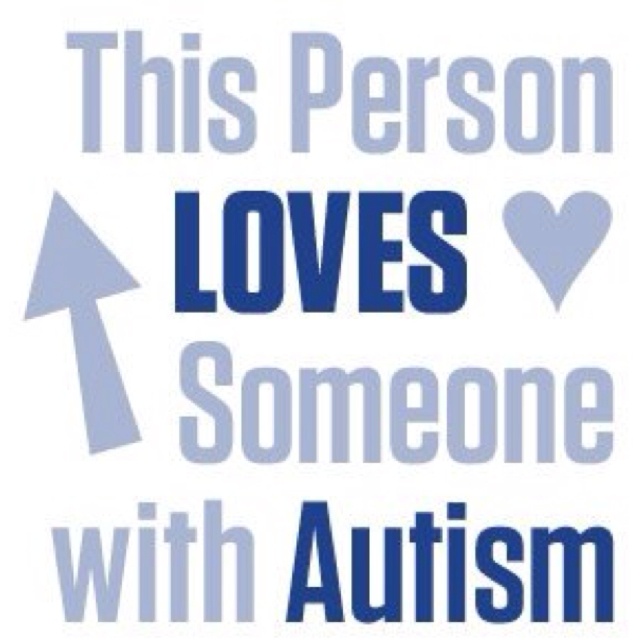 They may become victims of various forms of violence. As one woman with Asperger's syndrome explained to me, "I had low expectations and as a result I was drawn to violent people." nine0003
They may become victims of various forms of violence. As one woman with Asperger's syndrome explained to me, "I had low expectations and as a result I was drawn to violent people." nine0003
Strategies for improving relationship skills
People with Asperger's will need help developing relationships at every stage, and possibly throughout their lives. Younger children will need the help of a speech therapist to improve their conversational skills, and an educator or psychologist will help with friendship skills during their school years. Developing these skills should be a priority for an educational institution supporting a child with Asperger's Syndrome or High Functioning Autism, as positive friendship experiences will increase self-esteem, help avoid bullying from classmates, lay the foundation for developing friendships in the future, and improve teamwork abilities. for more successful employment. nine0003
Adolescents will need truthful information about attractiveness, courtship and sexuality.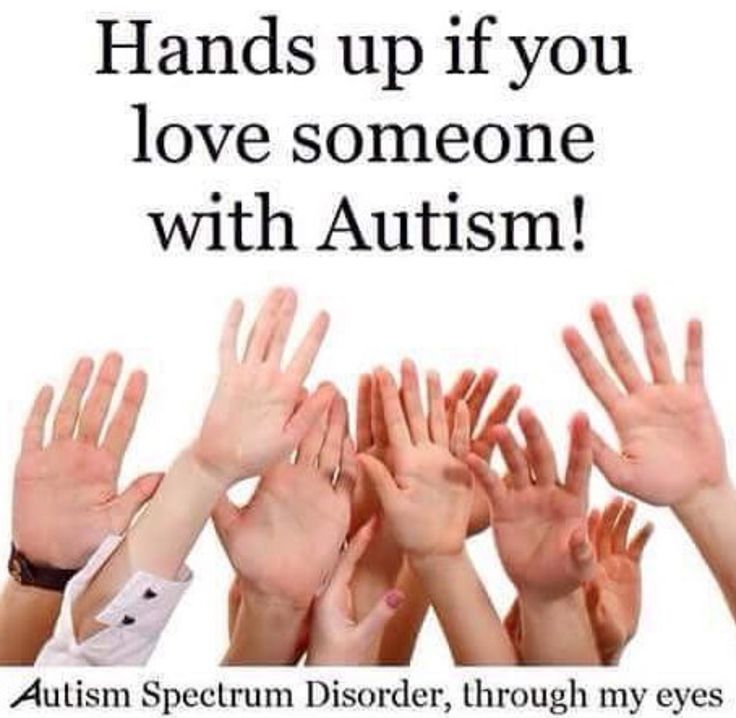 While such information is readily available to typical adolescents (most often from parents, friends, and personal experiences), adolescents with Asperger's Syndrome may have difficulty obtaining it. Lack of peer help, adult information and practice will hinder the acquisition of relationship development skills. Fortunately, we now have special relationship and sexuality education programs designed specifically for teens and young people with Asperger's Syndrome that include the opportunity to get advice from a peer with the same syndrome. Several doctors and therapists in Australia are developing relationship skills training materials for adolescents and young people with Asperger's Syndrome. Such training will include everything from dating rules and a sense of style to ways to recognize and avoid dangerous partners. A valuable strategy here can be to meet socially receptive friends or relatives with a potential partner to determine if they are a good person before starting a relationship.
While such information is readily available to typical adolescents (most often from parents, friends, and personal experiences), adolescents with Asperger's Syndrome may have difficulty obtaining it. Lack of peer help, adult information and practice will hinder the acquisition of relationship development skills. Fortunately, we now have special relationship and sexuality education programs designed specifically for teens and young people with Asperger's Syndrome that include the opportunity to get advice from a peer with the same syndrome. Several doctors and therapists in Australia are developing relationship skills training materials for adolescents and young people with Asperger's Syndrome. Such training will include everything from dating rules and a sense of style to ways to recognize and avoid dangerous partners. A valuable strategy here can be to meet socially receptive friends or relatives with a potential partner to determine if they are a good person before starting a relationship.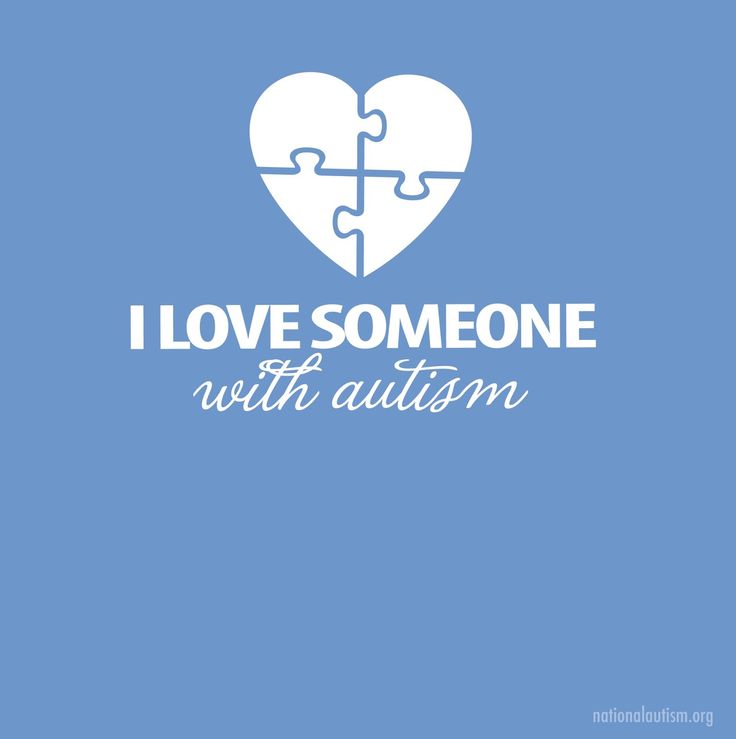 nine0003
nine0003
Young people will need support and opportunities to meet new people. Here you can offer to do something or join an interest group related to their own special passion, for example, take part in Star Trek or Doctor Who fan meetings, or apply their talents, say, to taking care of animals. and join an animal welfare group. There are also opportunities to make new friends at community events, such as a local choir or adult education courses. Local support groups for parents of children with Asperger's have also established support groups for young people with Asperger's. In this case, specialists can come to the group and hold a group discussion or give advice. Such groups can provide an opportunity for the development of relationships between members of the group. The relationship between Jerry and Mary, two people with Asperger's who met at a support group in Los Angeles, has been the subject of a book and film (Crazy in Love). Some people with Asperger's Syndrome use the Internet and dating agencies to get to know someone, but this method of dating can also be used by dangerous partners, so you need to take into account the high risk when using this dating strategy.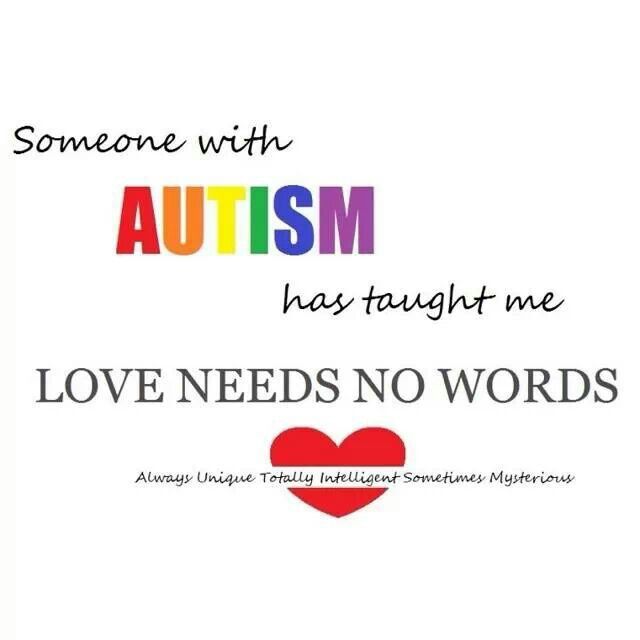 nine0003
nine0003
I have noticed that adults who had prominent features of autism in childhood (significant language delay, learning difficulties, avoidance of social situations) but progressed to high-functioning autism later in life have much less desire to develop long-term relationships. Most likely, they will be content with loneliness and will not maintain sexual relations, preferring superficial acquaintances to friendship. A sense of self-identity and self-worth in such people is achieved through a successful career and an independent life. Temple Grandin is a good example of this. Some adults with Asperger's also choose not to form close relationships for reasons that seem logical given the traits of the syndrome. nine0003
Jennifer explains her decision: “How can I live in the same house with a person who can touch my collection of model airplanes?” And so: "Airplane models do not want to be designed by someone else, even if it is more attractive or less dependent." However, she is quite satisfied with her life.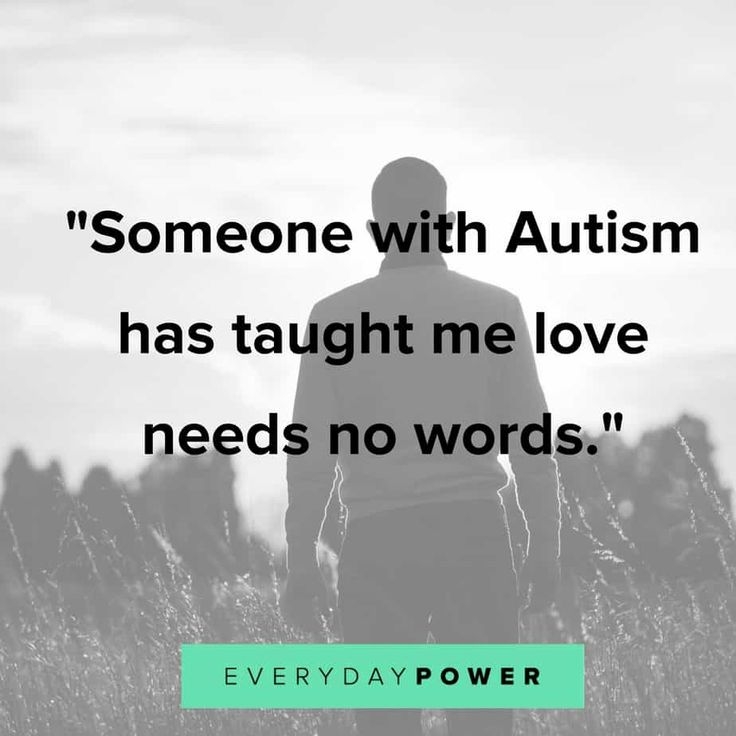 She says, "I can assure you that falling in love and special interests are about the same feeling." For some people with Asperger's or high-functioning autism, giving up romantic relationships may be the right choice if they enjoy and fully devote themselves to their special interests, such as wildlife photography or a career in information technology. They don't fit the cultural mold that marriage and long-term relationships are the only way to achieve happiness. nine0003
She says, "I can assure you that falling in love and special interests are about the same feeling." For some people with Asperger's or high-functioning autism, giving up romantic relationships may be the right choice if they enjoy and fully devote themselves to their special interests, such as wildlife photography or a career in information technology. They don't fit the cultural mold that marriage and long-term relationships are the only way to achieve happiness. nine0003
Future Research Perspectives
We know that people with Asperger's have significant difficulties developing relationships, but there is not enough research to provide us with qualitative and quantitative data about their relationship abilities, circumstances, and experiences. A study has recently been published on the ability to maintain friendships in children with Asperger's syndrome, but there is very little research on adolescent relationships and sexuality. Dr. Isabelle Henault of Montreal is conducting a study with me on the sexual profile of people with Asperger's syndrome, and preliminary results show that this profile differs from that of ordinary people due to less sexual experience, although they develop sexual interest in the same period, which and their adolescent peers.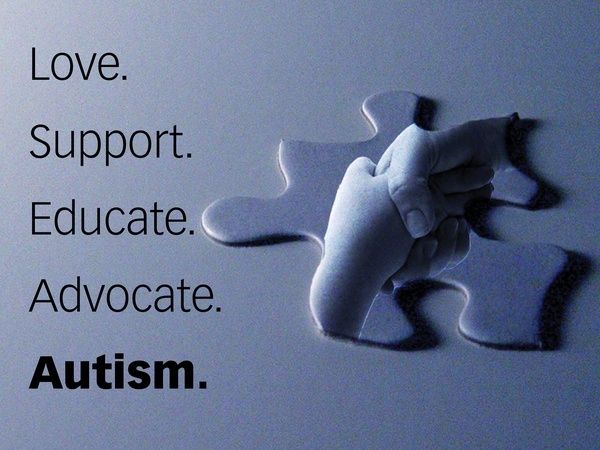 They may also have a more relaxed attitude towards sexual diversity, such as homosexuality and bisexuality, and a rich sexual fantasy. They may be less concerned about the partner's age and cultural differences. However, further research is needed, and the Autism Interactive Network database may be useful in providing information on the romantic relationships of adolescents and young adults with Asperger's and high-functioning autism. nine0003
They may also have a more relaxed attitude towards sexual diversity, such as homosexuality and bisexuality, and a rich sexual fantasy. They may be less concerned about the partner's age and cultural differences. However, further research is needed, and the Autism Interactive Network database may be useful in providing information on the romantic relationships of adolescents and young adults with Asperger's and high-functioning autism. nine0003
Thanks to Tamara Solomatina for the translation.
Adult autism, Asperger's Syndrome, Social skills
What should you be aware of when communicating with someone with autism? 10 Important Moments
Sign up for our ”Context” newsletter: it will help you understand the events.
Image copyright Getty Images
Sharing thoughts and ideas isn't always easy. And if you have autism, then this task becomes even more difficult. nine0089
Children's writer Michael Rosen is not one to leave a problem without a solution.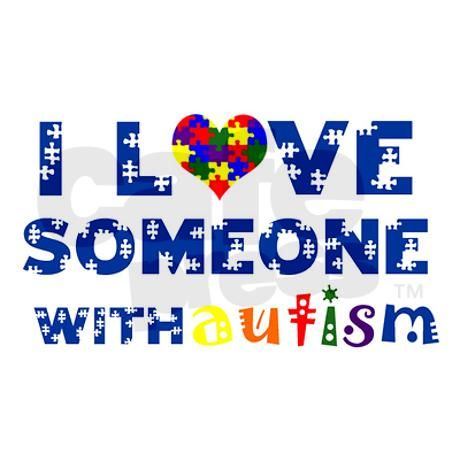 Rosen asked Alice Roe - a British writer who writes about autism - about how people with autism see the world and how their perception of the world differs from the "neurotypical".
Rosen asked Alice Roe - a British writer who writes about autism - about how people with autism see the world and how their perception of the world differs from the "neurotypical".
Alice Rowe herself lives with Asperger's Syndrome. According to her, we should all understand that each of us has our own picture of the world, which is different from how another person sees the world. And everyone has their own unique experience of communicating with the world. If we keep this in mind, then, according to Rowe, we can understand each other better. nine0003
Alice Rowe told Michael Rosen about ten ways in which people with autism perceive the world when they communicate.
1. All people with autism are different but have similar problems
Photo credit, Getty Images
Photo captionImage of a puzzle symbol of autism
According to the World Health Organization, one of the 160 children in the world are born with an autism spectrum disorder (autism).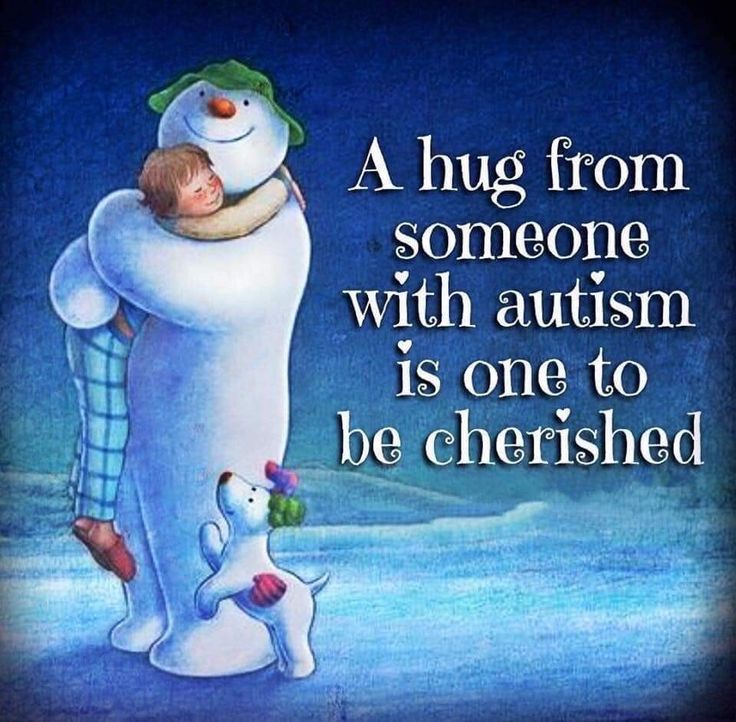 In the UK, the percentage of children with autism among newborns is higher than the world average: the disorder is diagnosed in one in a hundred babies. nine0003
In the UK, the percentage of children with autism among newborns is higher than the world average: the disorder is diagnosed in one in a hundred babies. nine0003
Autism spectrum disorder affects how a person sees, hears, feels and interacts with the world and people. It can be more difficult for a person with autism to talk to others and recognize signs of communication. In such situations, they experience great anxiety.
Many people with autism spectrum disorder find it difficult to understand speech when background noise is present.
- How a boy with autism became a professor
- "Life with autism": an educational program that is never superfluous
Autism manifests itself differently in different people. Some manifestations of frustration may be much more noticeable than others. Some people with autism can be very loud and outgoing, while others can be quiet and distant.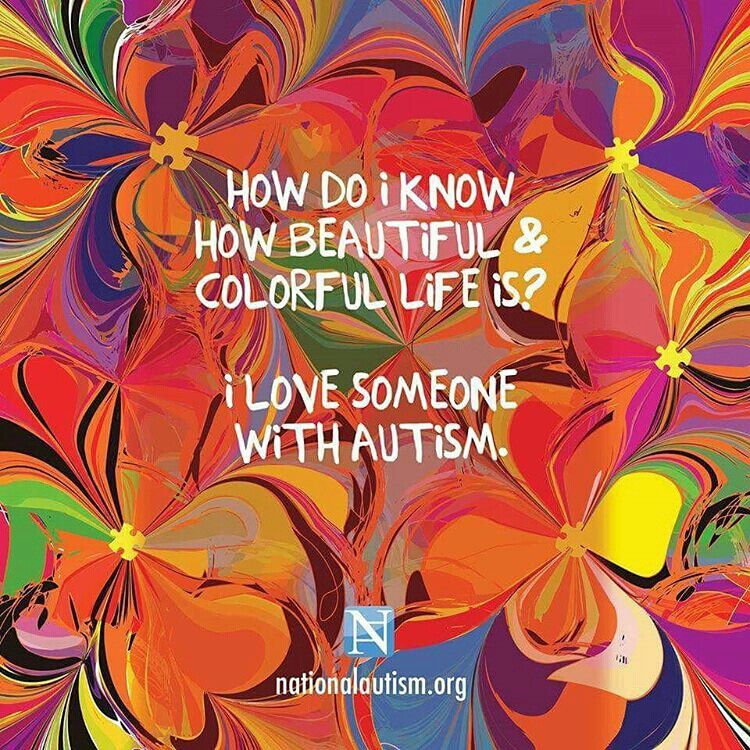 Some of them prefer to communicate using gestures and signs.
Some of them prefer to communicate using gestures and signs.
Although many people experience similar communication problems, the impact of these characteristics on their lives can be very different.
2. They may find it difficult to understand other people's speech in background noise
Image copyright, Getty Images
Photo caption,How would you feel if we couldn't concentrate on what someone was talking about, but could hear everything around you, every sound?
A "neurotypical" person (that is, not suffering from an autism spectrum disorder) can concentrate on what a particular person is saying at the moment, because his brain is able to cut off all sounds and noises not related to the conversation.
But many people with autism are unable to filter the audio stream and are unable to separate background noise from speech. In this case, several sound streams at once - street noise, music, conversations of passers-by - simultaneously compete for their attention.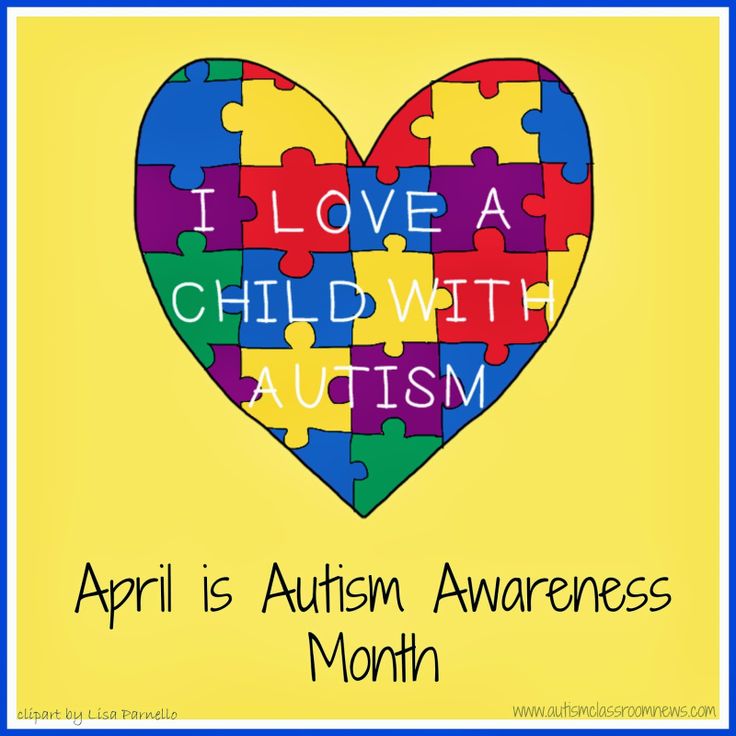 nine0003
nine0003
Hearing what a person is saying can be challenging for someone with autism. He needs much more effort to focus on the speech, and most likely he will have to ask the interlocutor to repeat what was said.
3. People with autism may not pick up cues and cues that other people can easily understand
Photo credit, Getty Images
Image caption,Two-thirds of the information communicated during communication is non-verbal. Try to experiment and during a conversation, "turn off" facial expressions and speak in a monotone. Do you find it easy to express your emotions and thoughts in this way? nine0003
People with autism may not perceive nuances such as tone of voice and facial expressions. It is also difficult for them to understand how these nuances change the meaning of what is said.
As a result, people with autism are more likely to take words literally. They find it difficult to understand sarcasm, irony, metaphor, or wordplay.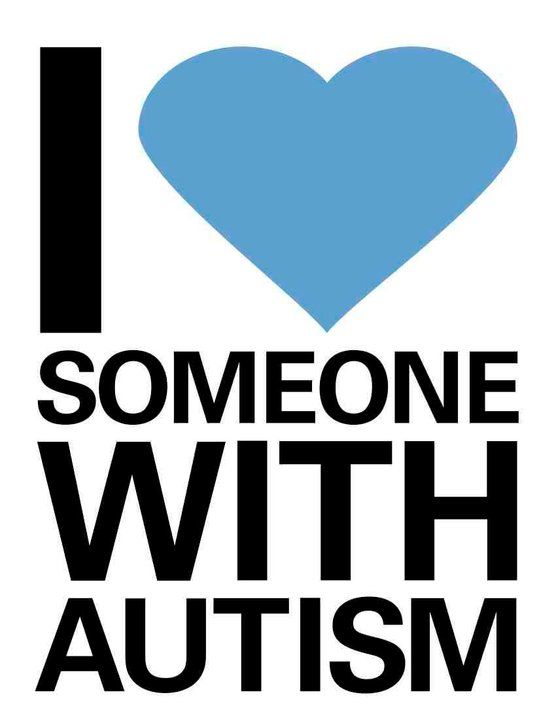
But do not think that any person with autism is not able to understand the nuances of the conversation. Many are able to learn to read and decipher such non-verbal signals, but this is often quite difficult for them. nine0003
4. Context helps understanding
Photo credit, Getty Images
Photo caption,When you say something, don't expect the other person to understand the context, much less the subtext. Explaining why what you are saying is important will help you understand better and help you communicate.
Sometimes it is difficult for a person with autism to understand the true meaning of what others are saying if they do not have enough information to understand the context. Therefore, it is very important in a conversation with a person with an autism spectrum disorder to give the most complete context for understanding the situation. nine0003
Alice gives an example. If you suddenly saw a thrush on the beach of Brighton and exclaimed “Wow, look what a bird!”, then your interlocutor with autism most likely will not understand what exactly you mean.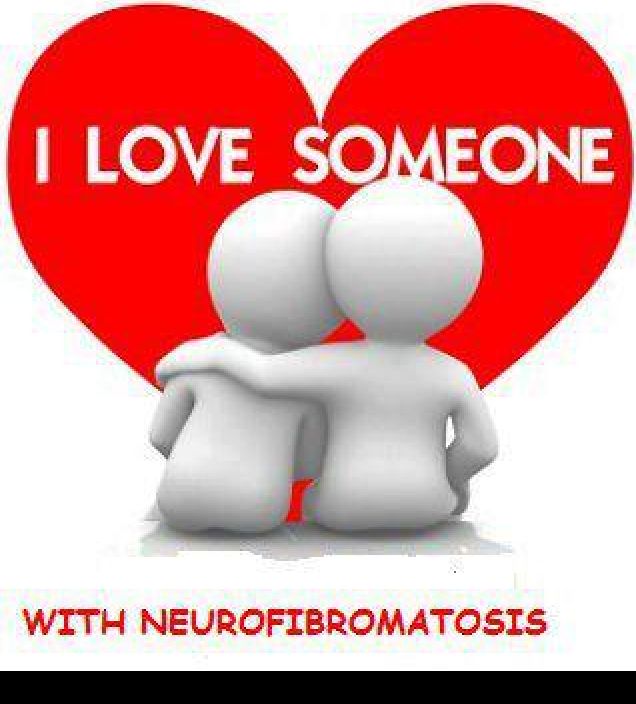 But if you add: "It is so strange to see a thrush by the sea," then it will be much easier for him.
But if you add: "It is so strange to see a thrush by the sea," then it will be much easier for him.
5. It's hard for someone with autism to know when it's appropriate to talk to others
Image copyright, Getty Images
Image caption,How to choose the right time to talk? nine0003
People with autism tend to have a harder time "reading" some signs in human behavior, understanding gestures and facial expressions, so it's harder for them to decide when to start a conversation and when it's better not to.
If you speak first, invite the person with autism into the discussion and ask direct questions, you will help them decide to speak.
6. People with autism can speak slowly and monotonously
Image copyright, Getty Images
Image caption,"Non-forced" conversation requires a lot of work for some people
For many people with autism, conversation requires a lot of thought and thought.
They may speak very slowly and monotonously, they may stutter, they may emphasize unexpected words, or go into what we think are unnecessary details.
- Interview: people with autism see the world differently
Since such a conversation usually looks strange for a "neurotypical" person, the interlocutor may be distracted from the conversation with those with autism, stop listening or stop trying to understand what is being said to him . nine0003
Therefore, it is very important not to rush the person with autism and listen carefully to your interlocutor.
7. Ease of communication can be apparent
The author of the photo, Getty Images
Image caption, Ease of communication is not something natural; high-functioning autism can easily mimic casual communication. However, while we think they are enjoying the conversation, they are actually doing an incredibly difficult job.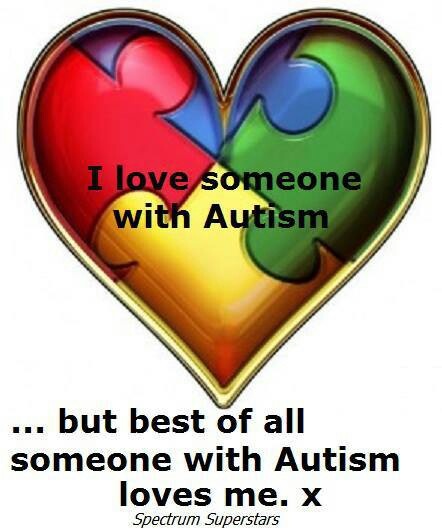 nine0003
nine0003
Sometimes they would prefer to text or send an email - for people with autism, this is often a less stressful form of communication than a face-to-face conversation.
8. People with autism sometimes express emotions in unexpected ways
The author of the photo, Getty Images
Image caption,The same event or phenomenon can be perceived even by twins in very different ways: it will please one, the other puzzling
People with autism may express their emotions in a way that is unusual for "neurotypical" people, or react very unexpectedly to some events, because their perception of what is happening is quite different from the usual one. nine0003
For example, Alice recalls that when she got an excellent mark in the exam and entered the university, everyone thought she would be happy. But instead of joy, the girl felt anxiety, because entering the university for her meant that her whole life and her usual daily routine would change.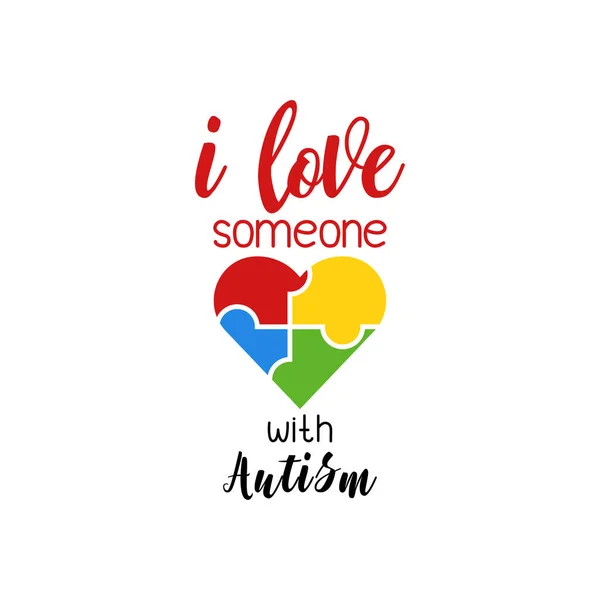
Sometimes when people with autism experience very strong emotions, it is difficult for them to find words to express their feelings. In this case, they can be helped by asking simple and clear questions. nine0003
9. People with autism can repeat the words of the interlocutor
Photo author, Getty Images
Photo caption,How do you know if you have explained everything well enough?
There are several reasons why they tend to repeat several times some words and phrases said by the interlocutor.
Sometimes they want to show that they heard what was said, but they cannot immediately respond to these words. By repeating what the interlocutor said, they gain time to collect their thoughts. nine0003
They may be anxious and need reassurance and reassurance.
When they repeat what you said, it could also mean that you haven't fully answered their question yet.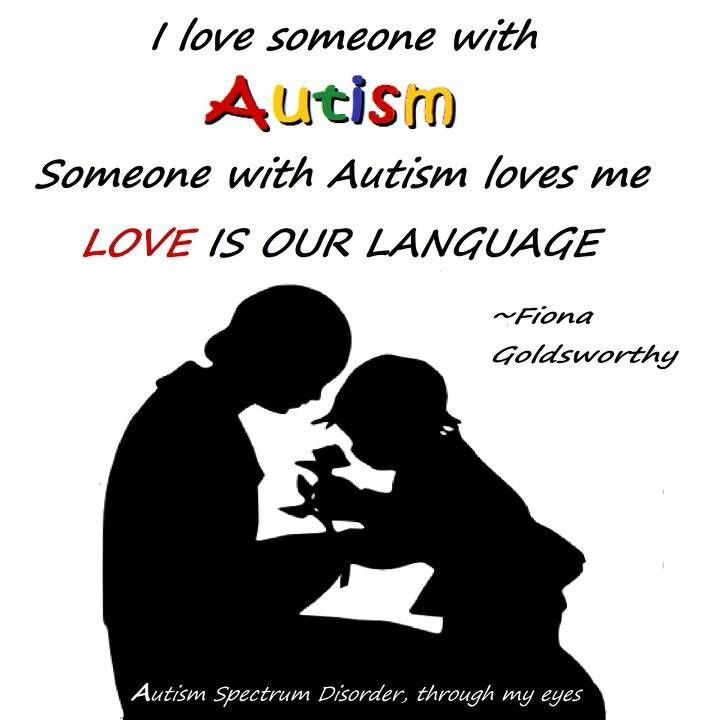
10. Sometimes texting is better than calling
Image copyright, Getty Images
Image caption,Many people with autism prefer texting to face-to-face communication. And they have good reasons for this
For some people with autism, it is much easier to express their thoughts not out loud, but in writing - communication via text messages and emails may be a more appropriate way for them to have a dialogue. nine0003
This gives them time to think about the answer and formulate their thoughts without worrying about having to keep up the conversation.
This way of talking also helps them avoid having to read various non-verbal communication cues that will cause them difficulty.
People with autism tend not to like talking on the phone very much. In this case, they also have to react to what is said very quickly, and background noise can also distract them from the conversation.